|
I recently read Love Your Enemies (2019) by Arthur C. Brooks. The main premise of the book seems to be that Americans are addicted to outrage. Most of them want to quit, but can’t. When people know little more about another than their party affiliation, it is easy to assume motives and think the worst. Brooks claims we should not only tolerate our enemies, but love them and cherish the valuable insights they bring by disagreeing with us. The process of disagreeing peacefully is the best way to get to the best ideas.
This is the extent to which I agree with the book. Beyond this I run into problems: Brooks claims that we all agree on the why, but not the what. We agree on the goals, but not on the best policies to get us there. This is what I used to believe. Then I made extra effort to reach out to people and allow them to explain themselves. Ten years later, it is now overwhelmingly clear to me that we agree on nothing. I care about removing obstacles to progress. If an individual woman wants to go into business or politics or journalism or whatever, she should be able to because everyone should be able to. On the other hand, if she wants to be a full-time mother, she should be able to do that. I care about individual liberty. Other people don’t want individual women to have the option of pursuing full-time motherhood. It is as though they feel they are “letting the team down” when women on average make less money than men. That they personally are doing well means nothing. That other women that pursue wealth are doing well means nothing. That those who make less do so by choice means nothing. They care about group parity so much that they end up hating liberty. I care nothing about group parity. Don’t tell me we want the same things! Another claim made by Brooks – so wildly false that I dropped the book in shock – Is that while people get angry disagreeing over politics, they do not get angry when disagreeing over ideas (page 297). He does not clearly define the difference between politics and ideas, but I gather that politics to him is about what party or candidate is in power, while ideas are ideas about policies or the underlying values behind those policies. These we certainly do disagree on, and these are what make me (and my opponents) several orders of magnitude angrier than I ever could be over who holds what office. Holding that the term “free market” is inherently racist is an idea I cannot tolerate (and shouldn’t). The idea of Marxism is abominable to me. It makes me mad. At the same time, my opponents get mad at me when I espouse capitalist ideas. My opponents get mad at me when I state my idea that the word marriage is heterosexual by definition. My opponents get mad at me when I state my idea that men are not women (and vice versa). People I know have stopped speaking to me over this. Another claim I found very confusing was his idea – based on the research of Johnathan Haidt – that the people on the other side aren’t evil; they simply have different moral foundations. What does the word “evil” mean, then? The word exists in the English language, so it must refer to something. I have always used it to refer to those operating on different moral foundations. This is the way everyone else uses it. Another claim that I used to believe myself is that a kind word turns away wrath. Brooks gives an example of how he responded to a critical email that worked out well for him. In my life, things rarely go so smoothly. People will twist my words over and over when I am trying to be nice. I have even been charged with harassment for nothing more than offering my emotional support and friendship to someone going through a tough time. I only contacted her once! At this point, there is absolutely no loss if I just go ahead and insult people like they deserve. On the level of national politics, being nice gets you destroyed. When Trump supporters were attacked and beaten by Antifa, unfairly targeted by law enforcement, and then watched their votes be overrun by proven fraud, they had every right to defend their lives and livelihoods by violence, yet they trusted the system and challenged the vote peacefully. As the process played out, Antifa attacked the capitol and Trump supporters were blamed for the violence anyways. There is truly nothing to lose anymore. Being nice didn’t stop the Nazis. Being nice didn’t stop the Japanese. Being nice didn’t stop the British. It won’t stop the Democrats either. Being nice has never worked in all of history. Speaking of being nice, Brooks also cites psychological studies to make his case. He cites a study showing that nice people get ahead in the workplace and in romance, while meanies do not. I have heard of studies claiming exactly the opposite. He cites a study showing that faking a smile even when we don’t mean it can make us happier in the long run than frowning. I’ve heard this study many times before, but it seems to backfire for me and I have read other studies claiming that fake smiles are not the same as the real thing (physically) and that repressing emotion only makes it stronger. He cites a study that listing our blessings will make us more content. This doesn’t always work when our blessings only exist in relation to our troubles, and I have read studies showing exactly the opposite. It seems that for every study supporting one psychological phenomenon, there is an equal and opposite study supporting its inverse. I don’t believe anything coming out of psychology. Brooks also seems to be of the mistaken impression that political strife today occurs because people do not know each other as whole persons first, but by their ideological labels first. This does not apply to my life. I not only knew people pretty well, I actually liked some of them and thought of them as friends, and I thought they knew me, but then they started to get into politics and turned against me. It’s another useless book.
0 Comments
While out on errands in January 2021, I stopped at Edward Medard Conservation Park in Plant City to look around. Not having a map, I kept driving until seeing a large parking lot next to a playground. Once I got out and looked around, I saw that beyond the playground was a land of roots. I had never seen so many. The ground around was hard, smooth, and hilly. It was like something out of a movie. There were probably hundreds of angles I could have chosen to make good photographs, but the two above capture the feeling of this alien landscape. Beyond this region was a low area of green-covered ponds and frisbee golf structures. I couldn’t imagine throwing a frisbee so close to so many ponds. Who knows what’s underneath? Christmas lichen was plentiful. Other lichens I did not know the name of, so I had to guess based on the color. I’m probably right. I was tempted to carve a heart into a tree and claim it was Valentine’s-Day lichen, but I didn’t want to hurt a tree just to make a joke. Trees are nice. This area was where I also saw a cardinal and several woodpeckers, who made a constant racket. Also hearing roosters in the distance, I pressed on through the woods in that general direction and came to a road. The roadbank was made of bags! This really was an alien planet! What was it doing on Earth? After climbing up to the road, I decided the direction of the chickens didn’t look that interesting and I went the other way, eventually reaching the road I had driven on and walking toward the park entrance. This is where I saw several interesting things: The orange leaf was one of three on the ground that resembled nothing above. Where did they come from? Were they alien scouts disguised as leaves to throw me off the trail? I’m going to say yes. It’s the only logical explanation. I also saw a red-backed wasp, but unlike the bug seen above, it did not hold still long enough to pose for a picture. I searched for information online, but could not identify it. Perhaps it was an alien too. Near the park entrance is the heavily-branching, looped path leading onto the small peninsula in the lake. This peninsula has high banks from which one can observe the many inlets. These are the bird lands. It was humid that day, but it was cool and cloudy and a slight breeze blew over the lake. This made for an enjoyable time while I watched the ducks, storks, red-winged blackbirds, anhingas, alligators, and other birds. Birds were everywhere. I had never seen so many anhingas in all my life put together. One of them surfaced right in front of me. Others were perched in trees, drying their wings. The water was very dark and blocked all vision beyond two centimeters deep. This was one place I would not want to dip my feet into. The parts furthest from the coast are populated almost exclusively by vultures. This is apparently where vultures come from all over the planet just to poop – a lot. It smells like a gas station bathroom. Every tree had a vulture or two in it that would rustle their wings as I walked by, causing me to duck and raise my fists. I think they were doing it on purpose. After spending much time roaming around every loop in the trail and just absorbing the feel of the place, I went back the way I came until passing the playground and pushing deeper into the park. I found a set of several clearings, divided by tree-lined brooks and connected by wooden bridges. Each of them had one or two humans just sitting there. One of them had a laptop. Another had a fishing pole. Beyond this was the boat ramp. Beyond that was the fishing pier. That was when I found more evidence of an alien invasion: The texture of the sand here reminds me of worm poop, but I’ve never seen so much in one place like this or such big pellets. Don’t tell me it’s not aliens!
This is a poem I wrote in 2020. I imagine it to the tune of Yuve Yuve Yu by The Hu. Well you're a monkey, monkey, monkey, monkey, monkey, monkey livin' in a zoo Well you're a monkey, monkey, monkey, monkey, monkey, monkey yes it's true Well a monkey sees me drinking and what a monkey sees a monkey's gonna do Well a monkey's gonna find a way to get out, gonna find a way to get himself a brew - find himself a brew Hey monkey, what's up? You better put down that cup Well you're a monkey, monkey, monkey, monkey, monkey, monkey screamin' night and day Well you're a monkey, monkey, monkey, monkey, monkey, monkey always wants to play Well you've been a drinkin', stealin', wreckin', climbin', fightin' that's all I'm gonna say Well I think it's well past your welcome now; I'd wish you'd go away - wish you'd go away Hey monkey, shut up! Give me back my cup! Hey monkey, shut up! Better clean this mess right up! A while ago I read Them, the thought-provoking 2018 book by Senator Ben Sasse. It is a book on political polarization in the United States. The main point seems to be that our policy differences are only part of what makes us who we are and that too many of us have allowed party to become dominant, pushing away those in the other party without even listening to them. People support parties the way they support sports teams. Furthermore, voices in the media keep us divided on purpose because outrage is big business. It sells ad time. They will also seek out the rare nut on the fringe to represent a whole group, giving false impressions.
Sasse claims that all this partisanship is just a symptom of a deeper problem: We are so lonely we can’t think straight. Normal human relationships are so strained and people are so desperate to belong to something that they will join groups defined only by being against other groups. They are bound not by love, but by shared hate. Sasse claims that to feel whole, people must be connected to other people, must be rooted to a place, and must have meaningful work. All of these things are being changed and disrupted by the digital revolution. People move much more often than they used to, losing all feeling of allegiance to a place and sometimes losing any friends they made. Because they know they might move again – and because anybody else might move – they don’t even put in the effort to forge permanent friendships. People become expendable. With the ubiquity of smartphones, people are easily distracted. The moment an interaction turns a bit boring, people withdraw into the digital world. They may be connecting with others in cyberspace, but this is superficial and ultimately unsatisfying. No effort is put in to maintain a conversation because so many other conversations are waiting to be had almost immediately. Because of the demands and luxuries of the modern world, our brains are being trained to have shorter attention spans and poorer memories. There is even a phenomenon called pornography-induced erectile dysfunction, meaning that some men have become so acclimated to easy pornography that they can no longer be aroused by real women. Note: Speaking from my experience, I am surprised how many people can’t go anywhere without a speaking GPS and how few people are able to give directions. They can’t even get from the workplace back home without them. I’ve never used the things. Whatever happened to maps? Sasse suggests several solutions. He says to invest in tough relationships, to have a home base to return to even if living elsewhere for a few years, and to create a small group of people that promise to keep contact no matter where life takes them. His group commits to meet once a year. Most importantly, join clubs or other groups that define the members as something other than political party. See people by their other roles in society than their party affiliation. The book is pretty good. It is well-written. The message seems to make sense, except of course that there is no point telling the individual all this when those around him/her haven’t read the book. I’ve always had trouble both making and keeping friends and many of my friendships stay very superficial. More importantly, politics can’t simply be swept under the rug. Just because someone might be an excellent biking partner, grocer, cobbler, cook, brother, or father in no way protects them from my wrath if I find out that they actually support a political party that terrorizes people into submission to their narrow, ill-informed vision of how life should be. Politics is simply war by other means. Because government is by definition the use of force – and because it involves itself in every aspect of human life, there is nothing more defining or revealing of someone’s heart than their political affiliation. Nothing is more important. Only religion – which deals with the next world as well as this one – could be argued to be more important. It is absolutely impossible to be friends with people that actually wish you harm. Sasse assumes that our current political climate is a symptom of our social problems, but I think that it is mostly the other way around; our social problems are a symptom of our current political climate. Maybe it’s both. I visited Lithia Spring Park in Lithia, Florida in January 2021. I was searching online for places to write about for one of my father’s business projects. The information I had was very limited. I knew only that there was swimming and that the address was on Donnelly Road in Valrico. This turned out to be very false. The address I had was for Lithia Springs Nature Preserve, a completely wild area of the Florida jungle with no maintained trails. On the other side of Alafia River, about a mile or so away, was Lithia Springs Conservation Park at the end of Lithia Springs Road in Lithia. This is where the fun was hiding. I walked around and looked at the canoe launch, playground, and picnic tables before finding the main spring. It was closed to swimming due to some virus from China they were unreasonably afraid of spreading. What’s next? Will we have to remain indoors forever just in case of lightning strikes? What was the real reason they had fenced off the spring? Could this be the spring of immortality? Did they want to keep all that immortality for themselves? I could see the water bubbling up. I could see the greenish water flowing south out of the giant pool. I could see countless fish moving lazily. Unfortunately, I could not get close enough for my camera to see. Moving along, I did come across this view of the green river and this small fish observation pool: I imagined the first explorers to this area hacking their way through the jungle until coming across a river as green as the vegetation around it. It was beautiful. With all the vivid greens, blues, and whites and the fact that water seemed to bubble up from nowhere, this struck me as a magical place. The enormous torrents of pale moss hanging off the trees and swinging in the breeze contrasting the green leaves only seemed to confirm this. They reminded me of tinsel-draped Christmas trees. I half-expected gnomes to pop out of their holes and start singing.
The trail was caught between the Alafia River and a smaller stream that progressively got closer and closer until they merged. I ran along the banks of the Alafia and took several videos. Gone was any trace of green from the spring. It had been diluted and overwhelmed by tannins. As I took my videos, I heard giggling behind me. Were these the singing gnomes? I turned, but could see no one from my vantage point. All along the banks were tiny castles. Is this where the singing gnomes live? Eventually the two streams merged and I had to go back to the trail to cross the bridge. Further along, the trail split a few times and I did not have time to explore the whole preserve. In at least one place, the trail terminated at a gate leading to CDD property. Beyond were mansions – homes of the grand kings of Lithia? Or homes of the singing gnomes? Nearby were mounds of white sand scattered around. At first, I thought they were oversize anthills, but I found no holes and no ants. Was this where the singing gnomes lived? I finally returned the way I came and saw nothing of interest. Here are some videos I took: Points To Ponder:
“It is God’s privilege to conceal things and the king’s privilege to discover them.” – Proverbs 25:2 Several years ago, I wrote a short story from Nate’s childhood, when he was a dinosaur. Nate is the main character from my book, The Spider, The Witch, And The Spaceship. Read it below: After landing on the autumn side of an Earth-like planet unknown to them, Nathaniel, Haticat, Fred, and Doctor Bill exit their ship in search of food. Soon, they discover a large building with duck-billed hadrosaurs walking into it. They enter into the great hall through the thirteen-meter-tall doorway. Inside are two long dining tables laden with food. Above burn oil-filled chandeliers, flames roaring. The wooden walls smell of cedar, cinnamon, and bay berry. At one table sits only adults and at the other sits only children. An adult blocks their path. “Welcome to planet Thanksgiving. I am Wizard Bob. What are you thankful for?” Nathaniel gives Wizard Bob a blank stare. “What’s thankful?” “It’s when you like something that you have, so you give thanks for it,” Wizard Bob explains. “I don’t think I have any thanks; I’m new to the planet. What is it?” Nathaniel replies. “You give thanks by saying thank you,” Wizard Bob clarifies. “Oh, that’s easy; I can do that,” Nathaniel says. This is an unusually patient adult to answer two questions in a row. This must be a nice planet, Nathaniel concludes. “So, what are you thankful for?” Wizard Bob asks again. Nathaniel thinks. “I haven’t thanked anyone in a long time. I usually get everything myself. Sometimes I buy stuff, but the stores only give me things because I use money to make them do it. My friends helped me fight a monster a while ago, but they had to anyways because it attacked all of us together at the same time,” Nathaniel recounts. “That all counts. Praise Y, creator of the universe!” Wizard Bob exclaims. “Y? What does Y have to do with it?” Nathaniel asks. “Y helped you fight a monster,” Wizard Bob says. “No, I never saw Y. My friends helped me,” Nathaniel corrects. “Y gave you friends,” Wizard Bob says. “No, I picked them up on planet Gruezhe,” Nathaniel corrects. “Y created the whole universe, including Gruezhe and your friends. Thank Y!” Wizard Bob loudly proclaims. “That means Y created everything bad in the universe too,” Nathaniel protests. “It still made everything good that you like, want, and need,” Wizard Bob counters. “But it also made me with wants and needs. I wouldn’t need anything if I didn’t exist, so fulfilling my needs is only fair. There’s nothing to thank Y for. I don’t understand,” Nathaniel explains. “Thank Y for giving you life!” Wizard Bob exclaims. “Why?” Nathaniel asks. “Do you want to die?” Wizard Bob asks, scowling and stepping closer to the four boys. Nathaniel steps back. “No,” he answers. “Then thank Y!” Wizard Bob says. “I don’t want to die only because I’m already alive, but if I was dead or never existed, I wouldn’t care either way,” Nathaniel says, starting to become frustrated with the pointlessness of the conversation. He considers walking away. “By being alive, you are able to experience good things,” Wizard Bob says. “By being alive, I am also able to experience bad things,” Nathaniel says. “Y could have created the universe much worse than it is, with even more bad things. Thank Y,” Wizard Bob says, starting to seem a little tired. “No!” Nathaniel yells defiantly. “If you don’t thank Y, you aren’t allowed to eat,” Wizard Bob says. Nathaniel thinks it over. The ship is almost out of food and the next-nearest planet with carbon-based life is more than two hundred sixty light-years away. “Thank you, Y.” “Thank him for what?” Wizard Bob asks. Nathaniel thinks for a long time. “For oxygen?” he finally says. “Hmm…okay,” Wizard Bob says, “Come in and eat.” The boys find four seats near each other at the kids’ table away from any girls. Robots continually replace foods that are eaten. “Hi,” Haticat greets the boys nearby. “Hi,” a boy replies. “We’re new on the planet Thanksgiving,” Haticat says. “What kind of a food is this?” Fred asks, pointing at large, twisted gourds placed in groups along the long table. Some are striped. Some are plaid. Some are over two meters tall. “We don’t eat those,” the boy answers, “Those are for decoration.” Nathaniel reaches for a slice of hot apple pie topped with what he later learns is spiced pumpkin ice cream. He picks up a spoon. “Don’t eat that yet,” the boy warns, “Dessert is for after dinner.” “What do we eat first?” Nathaniel asks. “First course is mashed potatoes, peas, and gravy, except I don’t eat the peas or the gravy because I don’t like them. Second course is bread, cheese, and pickles. Third course is meat and stuff. Fourth course is sweets,” the boy explains. “There’s an eating order?” Fred asks. “It’s the rules on planet Thanksgiving,” the boy affirms. “Do you have pizza on this planet?” Nathaniel asks. “No, only certain foods are allowed, not pizza,” the boy says. Nathaniel enjoys three types of mashed potatoes and three types of gravy. He drinks white grape juice and cranberry juice. Then he tries some strong wheat bread and places a piece of sharp cheddar in it. “Don’t put different foods together!” an adult warns, walking up behind him. “I’m just making a sandwich, so it’s a new food,” Nathaniel explains. “Sandwiches are not for Thanksgiving! Sandwiches are illegal. Only gravy can be combined with other foods,” the adult says before walking away, not watching Nathaniel to ensure compliance. Nathaniel returns to eating, enjoying pickled cucumbers, pickled onions, pickled green beans, pickled baby corn, and three types of olives. Then he cuts slices of meat from a steaming, partial carcass. It is of an animal he does not recognize. Looking at it intently, he is unable to deduce its whole anatomy. It is a strange animal, indeed. The meat tastes somewhat like a cross between pork and sweet crab, but this is an inadequate description. “Do you like stuff?” another nearby boy asks. “What stuff?” Nathaniel asks. “Stuff. It’s the greatest stuff in the universe,” the boy answers, handing Nathaniel a plate of fluffy, brown mush. Nathaniel tastes it. It is amazing and possibly the best-tasting substance Nathaniel has ever tried, even rivaling candy. The taste is completely indescribable and can only be called “stuff.” He takes more and more. He eats until full. Even then, he cannot stop. Finally, he forces himself away from the table. His belly aches and he starts to feel sleepy. He sees the adults and children lying down on the floor to sleep. “Why are you all sleeping?” Nathaniel yawns. “That’s what you’re supposed to do after eating,” a boy says. “That’s boring. I want to play,” Nathaniel says. “No, it’s the rules,” the boy says. “I haven’t even had dessert yet,” Nathaniel complains. He looks around. He sees almond patties, peach fritters, five types of cinnamon rolls, pecan pie, and apple pie with pumpkin spice ice cream. There are large, soft cookies packed with chocolate chips, peanuts, raisins, and dates. There are tiny molasses-cakes topped with chocolate drizzle and carrot cake with cream cheese frosting topped with peach slices. The carrot cake seems to be more frosting than cake. Nathaniel almost takes a slice, but he is so tired and so full that he loses his balance and collapses to the floor. “This food must be poisoned,” he slurs before falling into a deep sleep. A while ago I read Mindwise (2014), written by Nicholas Epley. The subtitle is: Why We Misunderstand What Others Think, Believe, Feel, and Want. I bought and read it, hoping to learn how it is that certain misunderstandings occur so that I might help prevent some of them or at least better fix them afterwards. Unfortunately, the book explains absolutely nothing. It does not at all cover why misunderstandings happen, it only shows evidence that they happen – sometimes even without us realizing it. The only advice given is near the end of the book and can be summed up extremely well by this quote on page 174: “If you want to know, ask rather than guess.”
Of course the way to know what someone is thinking and better understand them is to ask! That goes without saying and is what I always try first. Without some sort of communication at the beginning, how am I to know that there is even an issue to discuss? My problem is that people often will not explain their positions to me or else they explain them in so incoherent a way that I can make no sense of them. I read the book in order to learn how to avoid and/or fix misunderstandings that occur during conversation, not the unfounded assumptions that occur because no conversation is even attempted. Never have I been so angry at an author before for wasting my time. There are many other things wrong with this book too: There is supporting evidence that is explained poorly, issues that are approached backwards, and hints of strange biases. It might be the worst-written non-fiction book I’ve ever read (I have read some fiction that is much worse). Explaining Things Poorly: It was reported that people are better able to discern emotional states from audial stimulus than visual, the evidence being a comparison between those listening to a tape of someone talking and those watching a video without sound. What is not mentioned is that by far the best way to know of someone’s emotional state (other than them directly telling you) is to know the situation they are in – and this can be known from what they are saying. Unless one is a good lip-reader, this information will not come from a video. The experiment as described is not even remotely a fair comparison, as it would be if the language of the speaker was unknown to the listener. Is this the way they actually did it? It was reported that when shown statistics from two imaginary countries and asked which they would rather live in if their socioeconomic strata was chosen at random, liberals tended to choose the more egalitarian country and conservatives tended to choose the less egalitarian country. The point of the passage in the book was to show that while stereotypes often have a bit of truth to them, there is actually very little difference (barely measurable) between groups. What confuses me is why anybody at all would ever choose the less egalitarian one. That the results were anything other than 100% of liberals and conservatives choosing their best chance not to be poverty-stricken bewilders me. I must have missed something. Could it be that there was more to the experiment than that? Could it be that the less egalitarian country also had more economic freedom? Perhaps it had a better climate or lower crime rates. This was never mentioned. Also what bothered me is that people don’t assume liberals care more about equality because it is a stereotype, but because that is often part of the definition of liberal. Could I have misunderstood? Were these cultural or foreign-policy liberals that then fit the stereotype of also being economic liberals? If you are going to throw around terms like conservative and liberal, it would help to define them. Another thing about stereotypes the author seemed to miss is that they are often not known from unfounded prejudice or personal experience, but from having read reports from sociologists. That people might think blacks or whites to be a certain way could simply mean that they are educated. Another thing reported as having some sort of meaning was that people often assume that God believes the same way they do. This was mentioned in the larger context of claiming that people are quite overconfident in their ability to “read minds,” knowing what others are thinking and knowing whether another being even has a mind. However, it should not be surprising that people assume God agrees with them. The opposite should be surprising. If by “God,” people mean an infallible, omniscient being, then such a being always has the “right” beliefs. What beliefs do people have themselves? The beliefs that they believe to be right – by definition. Thus, whatever one’s set of beliefs and how they came by them, they must believe that they and God have the same beliefs. It is impossible for it to be otherwise. To say that God has a different belief than oneself is to say that one is wrong, and to say one is wrong is to say that one actually believes something other than what one believes, which is a contradiction. Am I missing something that should have been included in the text? I also have questions about the three-truck experiment. When asked to hand the small truck by someone who could not see the smallest of three toy trucks from their vantage point, requiring people to reason that they must want the medium-sized truck, was it always made clear to people that the other person shouldn’t have any knowledge of the hidden truck? Where did the people enter the room from? How were they introduced? Could it be that children reaching for the wrong truck were not actually any worse at “putting themselves in others’ shoes,” but worse at understanding language and had assumed the other person lived there and had set the whole wall up? How many people verbally asked about the hidden truck before handing any of them over? How many asked why the other person couldn’t reach it themselves and became suspicious? Were the askers looking in the direction of the wall and possibly giving visual cues which truck they wanted? How many people might have assumed that any small truck would do and the smaller, the better? How many reasoned that if it was the wrong truck to give, they would be corrected and no long-term harm would come of it? I’m not sure that anything has been proven here. Approaching It Backwards: Other times, the author was not only confusing, but maddeningly deceptive. In one place, he accused people of assuming that intent matches action, meaning that when one’s actions are observed, people generally assume they meant to do it. After giving several examples of this assumption being wrong, including the assumption that people stayed in New Orleans during the hurricane because they were foolish rather than too poor to afford transportation or lodging elsewhere, I realized that the problem is not that intent does not match action, but that an action can be matched by more than one intent. The problem is that people wrongly assume one intent is in play when it is another, but nobody is wrong to think that people mean to do what they do. The author plays word games worthy of a great comedian to prove his absurd case and make the reader feel stupid. After going on and on about how taking the other person’s perspective does little good in understanding them, which came as a great surprise to me, near the end of the book the author then springs the suggestion that we not “take perspective,” but “get perspective.” Again with the wordplay! How is one supposed to “get” without “taking?” What he finally explained was that the best way to know what someone is thinking or feeling is to ask. Of course it is!! How else is one supposed to take a perspective without first asking questions and listening? It goes without saying! Did he really think that his readers were so stupid that they were hoping to “put themselves in the others’ shoes” without first finding out where those shoes were, what they were made of, how many there were, and if they even had shoes? All along I had been wondering why the perspective-taking tactic was faring so poorly in the experiments done and at the very end of the book I find that it was because they weren’t even doing the most basic, foundational part of perspective-taking!! This is like wondering why your car won’t start when you are still sitting on the couch and haven’t even put your keys in it! At that moment I wanted to reach through the pages back in time and strangle Epley as he typed into his computer. I would have done it too, if not for physics. Strange Biases: Then there are all the strange offhand comments that peppered the pages that kept distracting me and making me wonder if the author was a total crackpot. On page 25, he suggests that nobody but a trained evolutionary psychologist knows that symmetry is attractive. This might have been true at one time, but the word has been out for decades now. In fact, this commonly-cited dogma is beginning to be questioned by recent studies. On page 62, he suggests that those who see evidence of purpose and intelligence in nature, inferring the existence of a deity, are spotting a mind where none exists, thus stating directly that there is no God. Epley isn’t just skeptical of claims of God’s intervention, thinking people often read too much into random events (I’m with him there), he’s a full-blown atheist! On page 63, he lists a bunch of questions philosophers debate, such as whether animals and unborn fetuses have feelings. Hidden among the sensible examples is the question: “Are corporations persons, with rights to free speech that must be protected?” Who is out there claiming corporations are persons? They are persons in a limited legal sense having to do with ownership (which is what the recent court cases were all about), but nobody suggests that they are actual persons. Corporations have a right to free speech not because they are persons (though they are made up of multiple persons), but because the government is prohibited from regulating speech in the first place, whether the speakers are persons or not. The important issue is that the listeners are persons and they have a right to gather as much information from as many sources as possible. Since this is something only those on the far left make a big deal of, grossly misunderstanding the legal issues involved, I began to wonder if the book was nothing but socialist propaganda. On page 65, he asks, “How was it possible for California residents to vote, in the very same election, to treat gay people less humanely by denying them the right to marry but to treat animals more like people by requiring farmers to house their pigs in more humane conditions?” The ignorance of why people oppose gay marriage was overwhelming to me. He has obviously not followed his own advice to ask conservatives what they think, but has tried to figure it out from afar. On second thought, it isn’t possible to be that dense. It is only the most intellectually dishonest hard-core leftists that even frame the issue this way, making me wonder if it was time to throw the book in the trash. On page 165, he suggests that belief in microexpressions – brief flashes of our true emotional state before our conscious control takes over – is an egocentric illusion. Why egocentric? I only believed in microexpressions because I had been told from what I thought were reliable sources that they existed, in spite of my ego hoping that I had more body-control and body-awareness than that. I’m confused. On page 168, he suggests that BP CEO Tony Hayward would never have made the comments he did if he had considered the perspective of all those affected by the oil spill. He is called “World’s Dumbest” and accused of making a “let-them-eat-cake” apology. Why? Is there more to his words not mentioned in the book? I can’t for the life of me see a thing wrong with them. What am I missing? Does the author just hate the rich? It is little things like these that yank me right out of reading and get me wondering about the biases of the author. The Good Parts: After I finished throwing my tantrum, I remembered that the book was not only for me, but for the multitude of people out there who cut off ties with those they disagree with and aren’t interested in the slightest in having their sacred beliefs challenged. Those are the people that need to read it. It has some good parts. The book suggests making your positions clear even when it might hurt you. For example, admitting a mistake could be used against you in court, but not admitting one could be worse. A quote from page 183 explains: “In fact, this program actually reduced overall liability costs by roughly 60 percent. The bigger problem had been requiring patients to imagine what their doctors were thinking, or having to sue to find out, rather than just allowing doctors to explain how a mistake happened.” There is also much in the book relevant to misunderstandings between ethnicities and political parties, as these quotes from page 132 and 133 show: “The sad fact is that real partisanship increases partly because of imagined partisanship on the other side.” “When groups are defined by their differences, people think they have less in common with people of other races or faiths or genders than they actually do and, as a result, avoid even talking with them. When groups are defined by their differences, the minds we imagine in others may be more extreme than the minds that actually encounter.” Overall, the book has an important message worth reading for somebody. Humans Are Stupid: I also learned of many, new, interesting reasons to believe humans are stupid. If the studies are right, people are a jumble of preposterous contradictions. If the studies are wrong, it makes me wonder why scientists (all people) so easily jump to conclusions. Either way, people are idiots. Maybe we are better off not understanding them. Allegedly, people are good at knowing how the average person thinks of them, but very bad at knowing how individual people think of them. This cannot be! The general reputation is simply the average of all the individual reputations. One cannot know the former without first knowing the latter. Allegedly, even flattery known to be insincere works a little bit. Is there no backlash effect? Allegedly, those tapping out a tune actually expect others to recognize it, even though they should know that timing alone without pitch, volume, and other differences should never be enough to identify it. Allegedly, people consistently rate others as having both less emotion and less self-control than they do. Aren’t those attributes usually thought of as opposed? Allegedly, when asked to choose which of two faces is more attractive, and the asked why they chose the face that they didn’t, only 27% of people catch the switch! All these studies and more are used as evidence that we don’t know ourselves (or others) very well at all, which begs the question: Why bother asking people what they think and feel then? This undermines the main message of the book. Most alarmingly of all, doctors used to believe that infants could not feel pain – even doing surgery without anesthesia and arguing with a straight face that crying was just a reflex. This is the most inexplicable and disturbing by far. Since I know that I feel pain, and that other adults appear to react the way I do and are designed the way I am, the default is to assume all adults feel pain. The burden of proof is on those claiming otherwise. Taking the argument one step further, it is highly probable that children and animals also feel pain, but not sponges, trees, stones, and robots. While it is possible for any of these assumptions to be wrong, extraordinary claims require extraordinary evidence. I can’t believe for one moment that there was ever a time in the history of any country that any serious professional ever actually believed babies to be pain-free. Even after looking it up and confirming it, I still can’t believe it. I returned yet again to Little Manatee River State Park at the very end of December 2020. It had changed yet again! The pigs had been very active since I was gone. It seemed like every part of the soil had been overturned: There was also more Spanish moss in the mossy area than I ever remember seeing before: Somebody dropped a bunch of their feathers in the middle of the path. It was now a feather area: Another area had a very noisy set of trees. They squeaked, banged, clicked, and creaked in the breeze to an absurdly comic and surreal extent like nothing I had ever heard. It was a noise area: Then there was a stump with bracket fungi on it. This is nothing unusual. What was unusual is that the brackets were fuzzy on the top and smooth on the bottom. They were upside-down! I had never seen anything like it! Here is some other stuff I saw the same day: In my 2014 book, The Spider, The Witch, And The Spaceship, an incident from Nate’s strange childhood is mentioned in chapter 10, on page 157. I later turned it into a short story. Read it below: After a while on planet Lectipas, The Mama-And-Daddy lands gently in the midst of the Great Crescent Swamp, the third largest swamp on the planet Hoosh. Nathaniel and Haticat ride the levitating couch-unit out of the ship and over the soft ground. The few trees are silhouetted against the night sky, bright from the reflected light of the swamps. Instead of water, every pool is filled with warm, glowing, blue-white slush. Solid slush piles up around the rim of each pool. The boys feel the warmth rising up from the swamp and the strong gravity (nearly twice that of Earth) pulling them down. Splash! Haticat catches a glimpse of a jumping fish out of the corner of his eye. Tiny moths fly around aimlessly. “Nathaniel! Stay on the couch-unit!” Daddy’s couch-unit polyp-head bellows to the left. “I was,” Nathaniel says. “We’re just reminding you,” Mama’s couch-unit polyp-head says on the right. Nathaniel and Haticat had not been getting along well with The Mama-And-Daddy lately. Now they were confined to remaining in sight of them at all times. Nathaniel grunts in displeasure. “What was that?” Daddy asks sternly. “Nothing,” Nathaniel answers. Up ahead, Haticat sees glittering. He cannot figure out what it is. Continuing closer, he sees many round buildings rising from a dry patch in the middle of the swamp. Several paved roads and countless raised pipelines lead outwards from it in multiple directions. The couch-unit levitates right up the smoothly sloping banks of the swamp and into the town. The glittering is from shoes. The people here wear shoes that flash with every step. There are hundreds of them: boys, girls, and adults. The creatures have rigid, shiny, oval bodies and a long, thin, blunt, rigid tail. They each have one, large compound eye in front and one, long, thin compound eye running down the back. They have six jointed legs. Complex mouthparts hang from under the frontward eye. “Wow! I want shoes like that!” Haticat exclaims. “Me too!” Nathaniel says. “You’re not getting any. I don’t want to hear it,” Mama says. “Remember not to jump off the couch-unit, Nathaniel,” Daddy says. “I remember,” Nathaniel says. “We’re just reminding you,” Mama says. The Mama-And-Daddy carefully maneuvers the couch-unit between the crowds of hexapods. “What kind of creatures are these?” Nathaniel asks. “It’s not polite to talk about people,” Mama says. “Why?” Nathaniel asks, but is ignored. “That’s a cute dinosaur,” one of the nearby hexapods says. “What kind is it?” “Thank you. We made it myself,” Mama says. “It’s a dromaeosaur. His name is Nathaniel,” Daddy says. Haticat leans close to Nathaniel’s ear hole and whispers, “Hypocrites! They’re talking about you now.” “Hi, Nathaniel. Is this your first time on Hoosh?” the hexapod asks. “Yes,” Nathaniel answers. “Well, we’re Hooshbugs. We live here,” the hexapod says. “Oh,” Nathaniel says. “I like your shoes.” “Thank you,” the Hooshbug replies. “What do you say, Nathaniel?” Mama asks quickly, without giving Nathaniel any chance to respond. “You’re welcome,” Nathaniel says. “Bye,” the Hooshbug says, turning and walking away, shoes flashing. Soon the couch-unit floats into a post office. Hooshbugs drop packages into some pipes and pick up packages from other pipes. Smaller, transparent pipes run back and forth across the walls in simple designs and transport glowing slush material, keeping the interior as bright as outside. “Good night, I am Mama-And-Daddy and I am expecting a package,” Daddy says to a Hooshbug behind a desk. “Oh, here is a package for Mama-And-Daddy,” the clerk says before grabbing a small package in his mouthparts and handing it off to Mama’s polyp-head, who grabs it in her tentacles. “Thank you,” Mama says before leaving. “Welcome,” the clerk calls after her. “What is it?” Nathaniel asks Mama once outside. “It’s life insurance papers. With insurance, if we fall into a black hole and disappear, the insurance company will pay to build a new Mama-And-Daddy,” Mama explains. “What happens if the papers fall into the black hole, too?” Nathaniel asks, clearly not understanding. “These are only proof that we have insurance so we can get a loan. We already have the insurance,” Mama says. “Where is the insurance, then? What if the insurance falls into the black hole with you?” Nathaniel asks, still bewildered. Haticat is confused, too. “You’re making us tired,” Mama and Daddy say together. Nathaniel sighs and stops asking questions. The couch-unit continues to glide through the town. Soon, they pass a strange, metal object with a domed top and three short branches. It turns slightly. “Hey, that thing just moved. What is it?” Haticat asks Nathaniel. “I don’t know,” Nathaniel answers. Turning to Daddy, he asks, “What is that metal thing over there?” Mama answers instead, “That’s a fire hydrant. The Hooshbugs put it there in case one of their buildings catches on fire. They can attach a hose to one side to get water out to put the fire out with.” “Why did it just move?” Nathaniel asks. “Fire hydrants don’t move. They stay stuck to underground water pipes,” Mama says. “Haticat said he saw it move,” Nathaniel says. “Nathaniel, don’t play silly games right now,” Mama says. “I’m not playing. Haticat really saw it move,” Nathaniel says. “I did,” Haticat insists. Could The Mama-And-Daddy not recognize the difference between play and seriousness? Of course not; it’s an adult. “Nathaniel! Not now!” Daddy scolds. “You’re not going to jump off the couch-unit, are you?” Mama asks. “No,” Nathaniel answers. “You’d better not,” Mama says. At that moment, they enter another building. The sign reads: First Last Middle Bank. Transparent pipes of glowing slush form simple designs on the walls, lighting the interior. The walls and floor are carpeted in grey plaid. Employees stand behind several short desks and counters, typing on keyboards with their mouthparts. The couch-unit glides in and parks in front of one of the desks. The clerk introduces himself. “Hello, my name is Xnk. How may I help you?” “Hello, my name is Mama-And-Daddy,” Mama says. “We would like a loan for five hundred money-dollars,” Daddy says. While the adults drone on about things Nathaniel and Haticat know nothing about, the boys whisper among themselves. “Nathaniel, I can’t hear with you whispering. Why don’t you go play in the corner?” Mama says. “Because you told me not to leave the couch-unit,” Nathaniel answers truthfully. He had wanted to go and play all along. Mama glares at him. Daddy angrily says, “Go play in the corner now.” “Okay,” Nathaniel answers gleefully. He walks off with Haticat in tow. The gravity on Hoosh is too strong for Haticat’s boneless legs to fully support him (even walking on all fours and using his tail for support), forcing him to drag himself across the floor. They decide to play by rolling. Haticat tucks himself into his shell so Nathaniel can roll him back and forth. After a while, Nathaniel starts to tire. “Look, there’s another fire hydrant outside over there,” Haticat says, noticing it through the large window. “Let’s go see if it’s the moving kind,” Nathaniel suggests. Nathaniel throws Haticat over his shoulders, tying his arms into a knot to more easily carry him. He walks outside and stands next to the hydrant. Nothing happens. “It’s not moving right now,” Nathaniel says. “Push it,” Haticat suggests. Nathaniel pushes on it hard, but it does not budge. “Try pulling it,” Haticat suggests. Nathaniel grabs the side and pulls and pulls. Nothing happens. “This must not be the moving kind.” “Come on, Nathaniel. We’re leaving,” Mama says, the couch-unit having pulled up behind him. Nathaniel jumps onto the couch-unit, carrying Haticat. On the way back to the spaceship, they see many more hydrants – at least one to a building. Some buildings have two or three hydrants beside them. Haticat is certain there were not nearly that many before. A few of them sit at the end of what look like scratch marks or drag marks. The Hooshbugs simply walk around them without noticing. “I think those hydrants are moving only when we aren’t watching,” Haticat says. “Yeah, they’re sneaky hydrants,” Nathaniel says. Back in the ship, Daddy announces it is time for lunch. Nathaniel pours himself a bowl of protein jelly from the ceiling nozzle using the switch on the table. It tastes just as bland and boring as ever. Almost finished, he asks the Mama-And-Daddy, “Are Hooshbugs nocturnal?” “Yes, that means they are awake at night and sleep during the day,” Daddy’s kitchen polyp-head answers. “Why?” Nathaniel asks. “That’s just the way it is,” Daddy answers. “Eat your lunch, Nathaniel,” Mama’s kitchen polyp-head says. Nathaniel finishes up his lunch while Haticat watches. Then he dumps his used bowl and spoon into the recycling chute. “Let’s explore the swamp now,” he says to Haticat. “Don’t go outside!” Daddy booms. “How can we explore the swamp if we don’t go outside?” Nathaniel asks. “Go to your room and read instead. The swamps are dangerous,” Daddy says, not answering the question. Dangerous? That sounds exciting. Haticat longs to know what makes them dangerous, but being slower to ask, Nathaniel beats him to it. “Why?” “Don’t ask questions. It’s the rules,” Mama says. Nathaniel grunts. Haticat sighs. They climb the ramps to their room and read their books. The longing to explore wears at them. Quickly losing interest in reading, they walk to the large observation window and look out across the vast swamp over the tops of the sparse trees. The glittering of thousands of shoes lights up the town and the pools of blue-white slush light the trees from below. The swamp is very still, but Haticat’s good eyes catch sight of some ripples in the pools below. “Let’s sneak out – only for a short time,” Haticat whispers. “That’s a good idea,” Nathaniel whispers. Making their way outside, they pass only inactive polyp-heads. Wherever the essences of Mama and Daddy are, they aren’t watching the door. Haticat rides on Nathaniel’s back as he trudges across the soft ground and through the dark-colored weeds. Coming to the raised slush rim of one of the pools, Nathaniel carefully sticks a claw into it. It is warm. Suddenly, a fish jumps right in front of them, falling back into the glowing slush and making large ripples. “Wow!” Haticat says. “Try to catch one so we can study it.” Nathaniel steps tentatively into the pool. Haticat’s legs and tail dangle into the strange, warm slush. “This slush doesn’t soak into my fibers like water does. I like it better,” he says. Nathaniel leans over and sweeps his clawed hands slowly through the pool, feeling for movement. Another fish (or the same one?) jumps between his arms and lands just out of reach. Something else brushes his legs. “I need special eyes so I can see through this stuff,” he complains. He continues to unsuccessfully hunt slushfish for the next few minutes until he sees something else interesting. A dark-colored snake slithers across the surface of a pool near him and into the weeds beyond. He promptly chases it, repeatedly losing it in the weeds only to see it crossing pool after pool. Nathaniel and Haticat follow it for quite a ways without being able to catch it. They get farther from The Mama-And-Daddy and closer to the town. Then they hear a noise. They are near a dark part of the town relatively free of Hooshbugs. There are large, metal pipes here. Two fire hydrants fire lasers at one of the pipes, cutting loose a large section. “What are they doing?” Haticat whispers in Nathaniel’s ear. “Maybe they’re stealing metal,” Nathaniel whispers. Two other hydrants maneuver under the pipe, their side spouts telescoping out and bending to form arms. Finally, the pipe is loose. The first two hydrants stretch and change shape, growing arms and legs to help carry it. They are robots! “These are invading robots stealing metal from the Hooshbugs. They’re only disguised as fire hydrants,” Haticat says. “How can we stop them?” Nathaniel asks. “I don’t know. They have lasers; lasers hurt,” Haticat says. “These hydrant bots are mean thieves. Let’s get out of here,” Nathaniel says. “Agreed,” Haticat whispers. Nathaniel carries him right back to the ship. They shake the slush off and sneak back inside. They then return to reading. While the injustice of the situation bothers them, they are too frightened to get involved themselves and they are not sure who to tell. If The Mama-And-Daddy finds out that they were outside, they will be punished. The problem is soon forgotten as their lives are soon filled with more pressing matters. A while ago I read Difficult Conversations (1999), written by Douglas Stone, Bruce Patton, and Sheila Heen. I had hoped it would help me to have more productive negotiations and reduce the misunderstandings and strife that seems ubiquitous in my life. What I found was that I am already following most of the authors’ advice very well and that this advice is utterly useless unless all parties involved in the conversation are doing it.
The basic ideas in the book are as follows: One: None of us knows all the relevant facts and we each bring our own baggage to every situation. Oftentimes, the conflict is not between two opposing viewpoints, but between two incomplete and complimentary viewpoints. The most important thing we can do is listen. To get to the bottom of things, have a “learning conversation.” Two: Most people are too quick to assign harmful intent to another’s actions or words. In most cases, people do not intend to hurt us. Instead, they have made a mistake or else we have misunderstood. Give everyone the benefit of the doubt. Three: Problems exist in a complex matrix of causation. In order to best understand the source of problems and ensure they do not happen again, one has to look at every contributing action (and inaction). It is counterproductive to assign blame too soon. Much of the time, there is no reason to assign blame ever. Four: It is not enough that everyone has the opportunity to tell their version of events; they must also express their feelings and have them acknowledged. Five: It is not enough to acknowledge everyone’s feelings about the events in question, they must also have reassurance that how they see themselves will remain unchanged. For example, one is more likely to admit to a mistake when told that even really good employees such as themselves make mistakes sometimes. All of this sounds pretty good and I have done all this instinctively for much of my life. Unfortunately, no one else does it and so I inevitably lose my patience and give people what they want when they have made it abundantly clear that all they want to do is fight. Also, I have some concerns about the details: There are example conversations throughout the book of what to say and what not to say. Of course, the ones where the protagonist says the “right” thing always work out because the authors control both sides of these imaginary conversations. They tell what to avoid saying to avoid misunderstanding, but what they tell us to say instead could also lead to misunderstanding! I can imagine things going wrong in so many ways. My experience is that humans are endlessly clever at distorting my obvious meanings into truly absurd caricatures of what I said. The authors say to repeat back what someone has said, paraphrasing it, so that they can correct you if you have misunderstood, but some of the examples they use can also sound like attacks – and they can become frustrated if you paraphrase it wrong. The authors also say that expressing our feelings without passing judgment on the other person will avoid putting them on defense, but I know that expressing feelings alone can still put someone on defense. Speaking of feelings, if I ever responded to a complaint by talking about the complainer’s feelings – as the authors coach us to do in their imaginary example conversations – nine times out of ten the other person would think I was changing the subject. If anyone did it to me, I would think the same, and I would then think I was being accused of being oversensitive. Don’t you dare tell me I sound frustrated when the real issue is your lousy service! Just listen to my complaint and then fix the problem! If I am misjudging the situation, then you may certainly enlighten me with objective facts; I will listen. Just don’t change the subject by talking about my feelings! The authors suggest asking open questions rather than narrow ones in order to get more information. They have obviously never tested this on real humans. Asking a question that is too vague will get no meaningful response whatsoever. The other person won’t know where to begin. As far as they are concerned, their position is already obvious; that’s why the conversation is difficult! By asking very specific questions, it gives them information about why I’m not seeing it the way they do. That way they can correct me. Furthermore, the examples of open questions they suggest to use in chapter twelve sound a lot like the examples of “easing-in” they told us not to engage in in chapter ten. Easing-in is when someone asks a question in order to make a point, often an accusation or a judgment. The authors claim it comes across as an attempt to hide the intent to accuse. However, I have always seen the intent as so obvious that I never thought there was any attempt to hide anything. Finally, the authors suggest not to defend ourselves too soon in the conversation. I worry that my silence will be seen as tacit admission of guilt. While rare, this has happened to me before. I only wish the real world were as easy as the difficult conversations in this book. The time finally came for me to return to Florida in October 2020, but first I had to visit my friend in New Hampshire. He took me up Uncanoonuc Mountain for a view of Manchester, but this is all we could see: From there, I drove to Chambersburg Pennsylvania, only to wake up the next morning to fog so thick I was afraid to get on the highway. It had followed me! While fog is common in the part of Rhode Island I was in, it is not common in New Hampshire, and the chances of encountering it twice on the same trip at points so distant from each other are tiny. It could not be a coincidence! The fog must be alive! Was I to be its dinner? I ate at McDonald’s and saw ducks in the brook out back. At ten it was still no less foggy, but I had to go. Just one mile out of town were blue skies. I stopped in North Carolina without incident. The next day, I took a photo of this butterfly at a rest stop in Georgia: Being absolutely sick of driving, I stopped in northern Florida for the night. The next day, I found that the fog had caught up with me again!!! It got worse and worse as I drove west on 10 until I reached the 75 junction. Then it gradually got better and better as I drove south. Finally, I got to my parents’ house. No more fog. A couple days later, I took a walk around the neighborhood and saw a lot of flowers: Part of a tree had fallen down revealing its insides. It looked as though it had started to…send roots into itself????? I also saw two skinks and many types of birds. Many more flowers were not photographed. The sun was bright and the breeze was blowing. The fog had been banished!
Points To Ponder: “The way I see it, every life is a pile of good things and bad things. The good things don’t always soften the bad things, but vice versa the bad things don’t necessarily spoil the good things or make them unimportant.” – The Eleventh Doctor, Vincent and The Doctor, Doctor Who Sticks and stones can hurt. Words can hurt too. Being told that your words hurt and that this justifies using sticks and stones on you to keep you quiet hurts the most. Suppressing offensive speech almost always does more harm than allowing it.
|
AuthorMy name is Dan. I am an author, artist, explorer, and contemplator of subjects large and small. Archives
February 2023
Categories
All
|
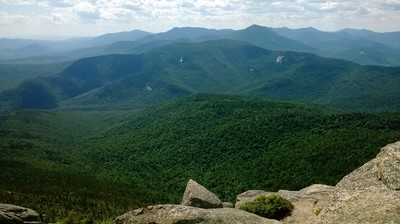
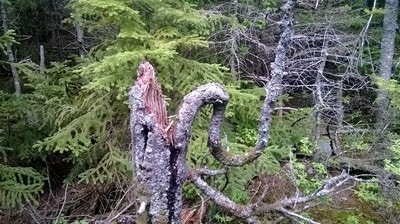

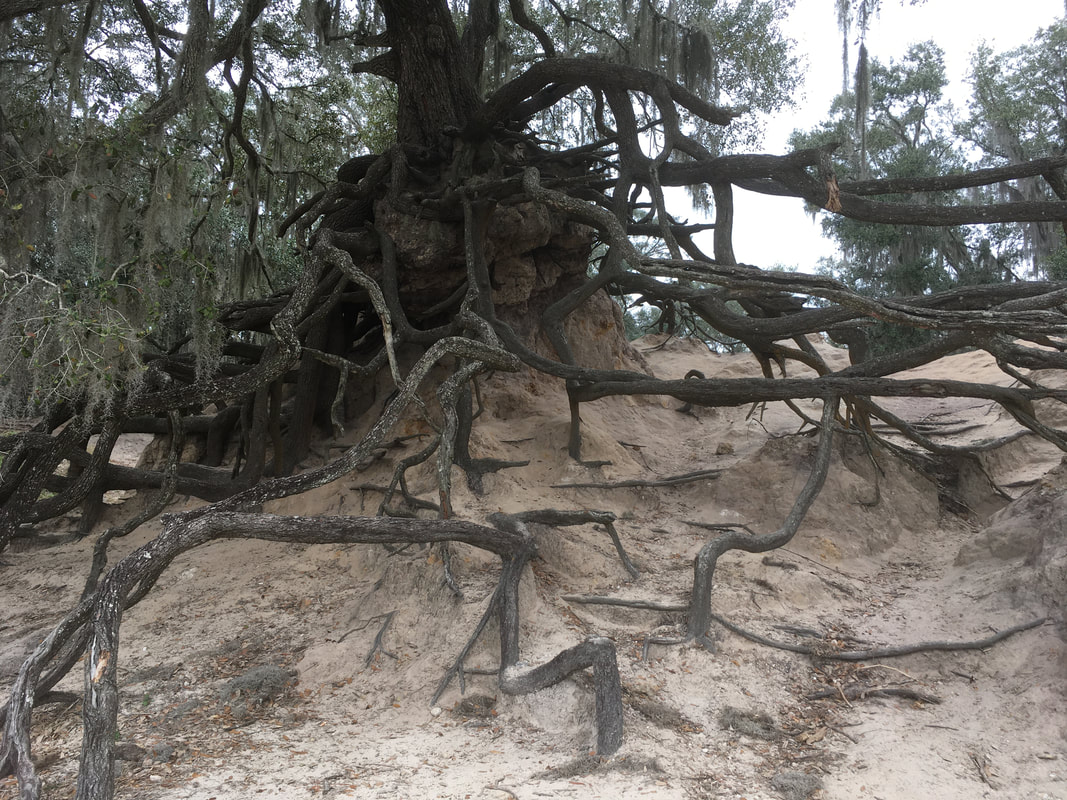
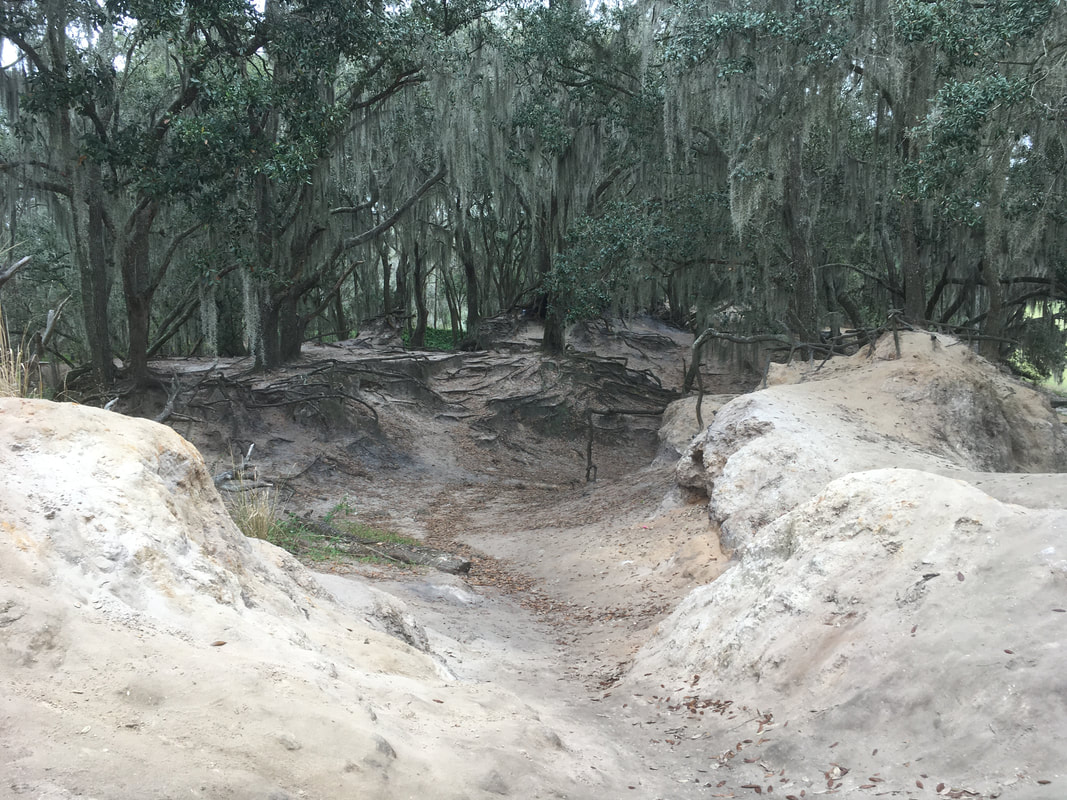
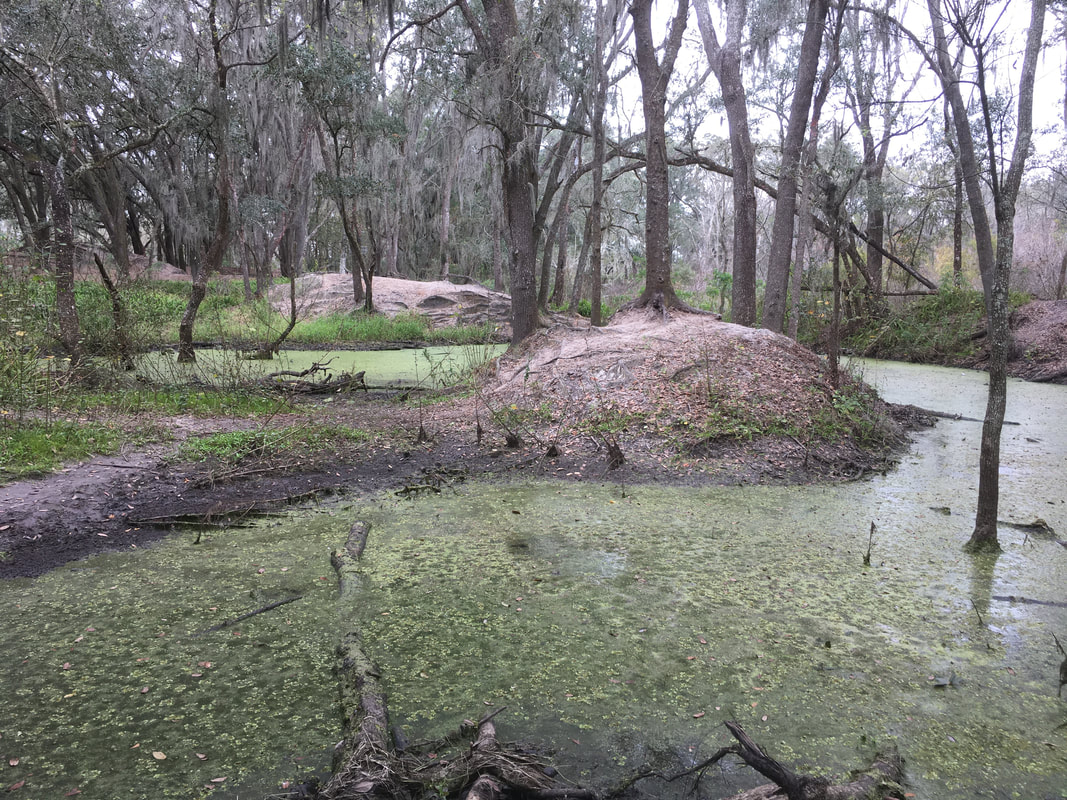
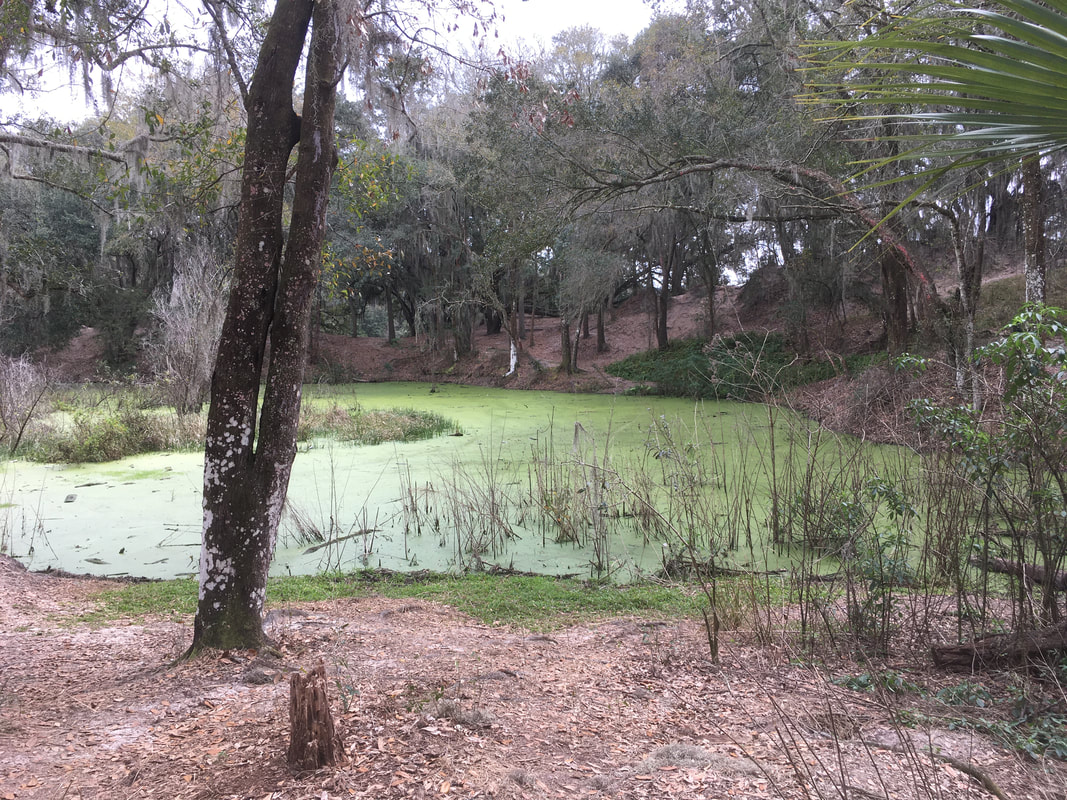
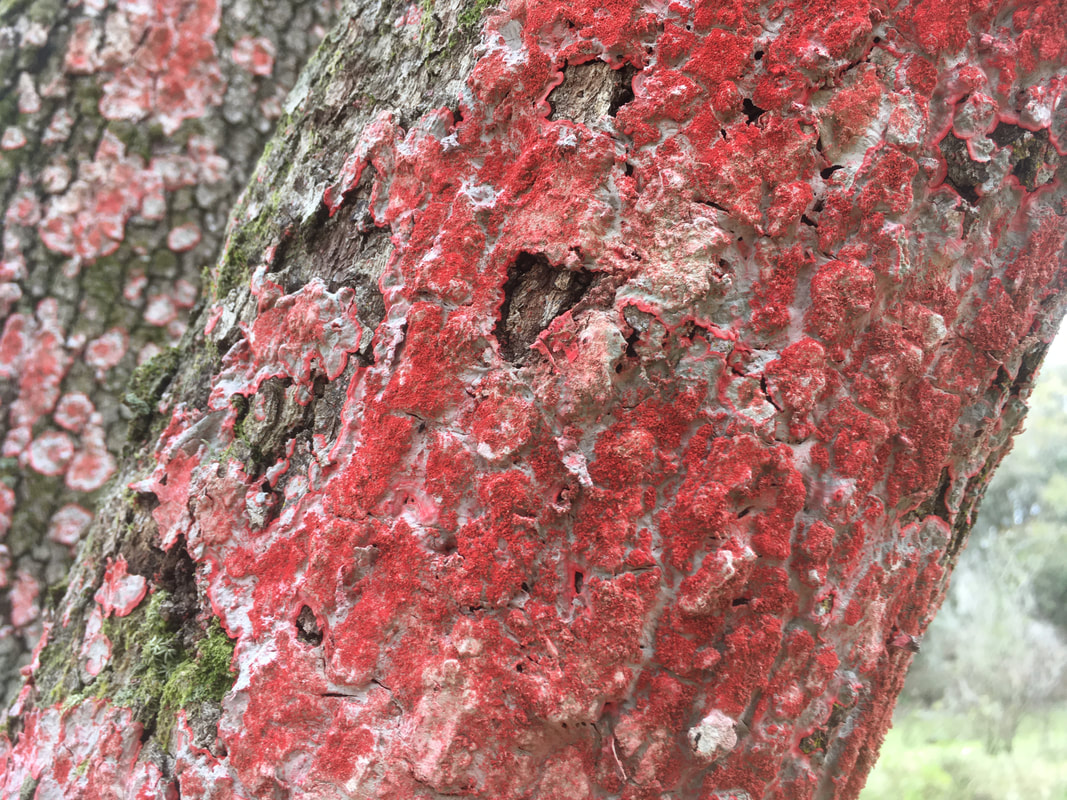
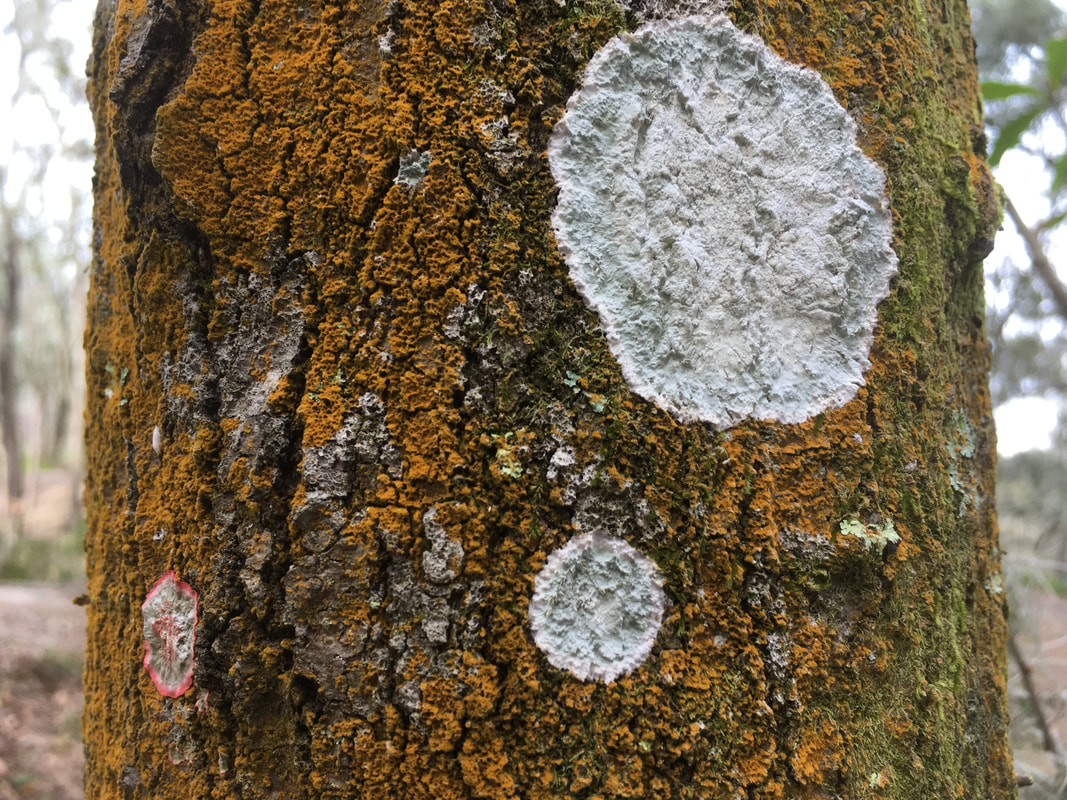
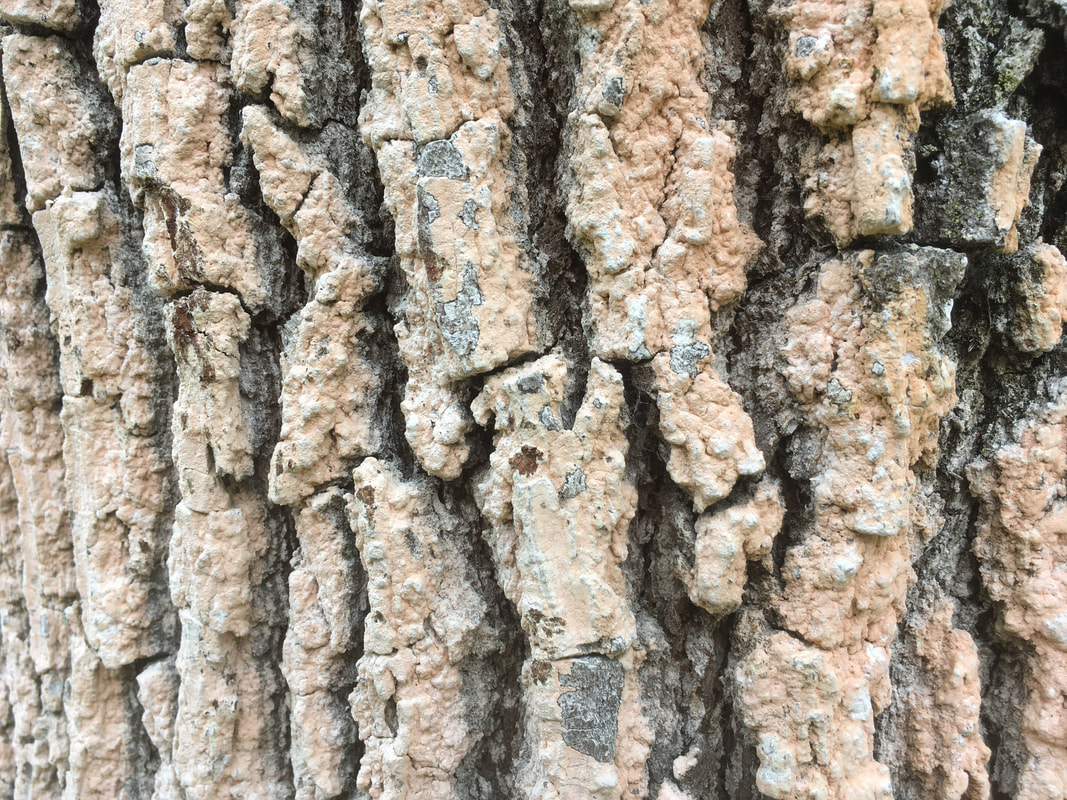
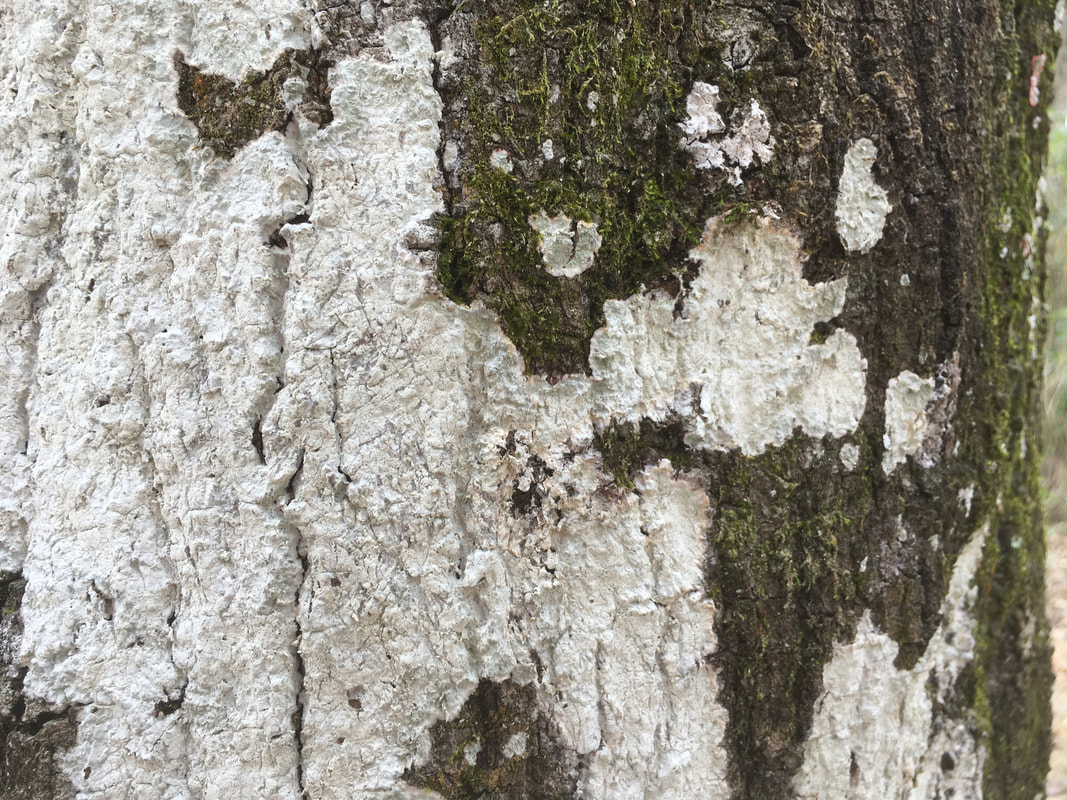
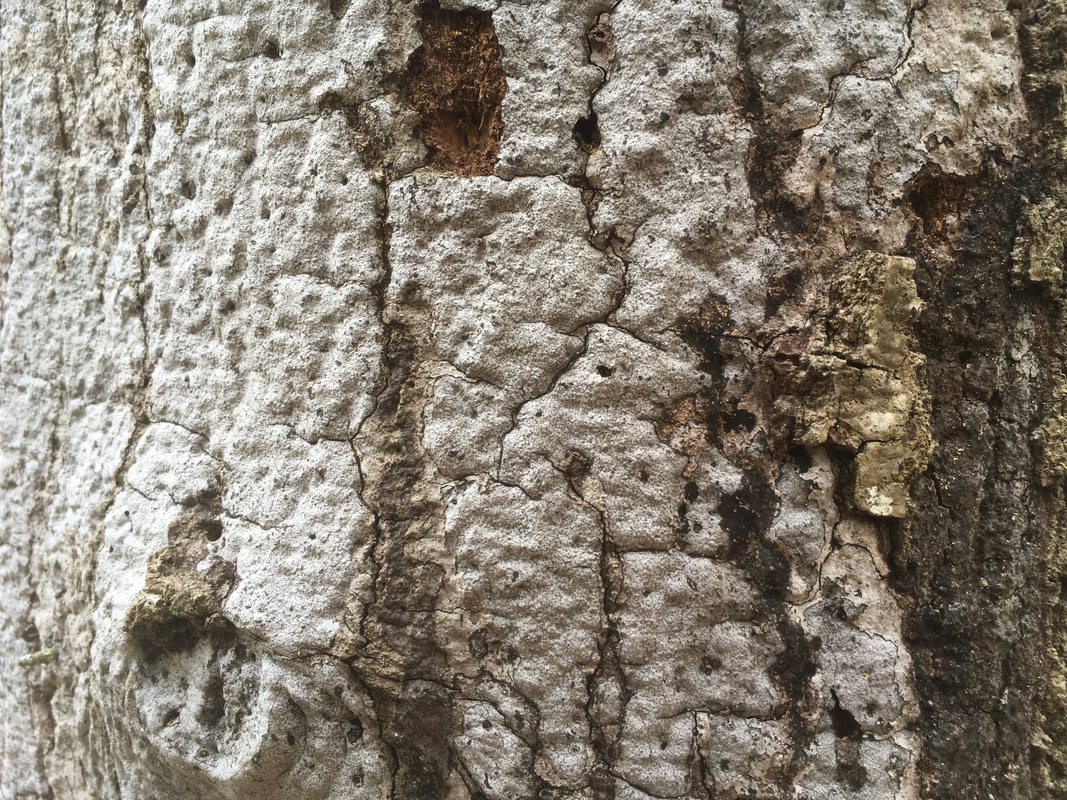
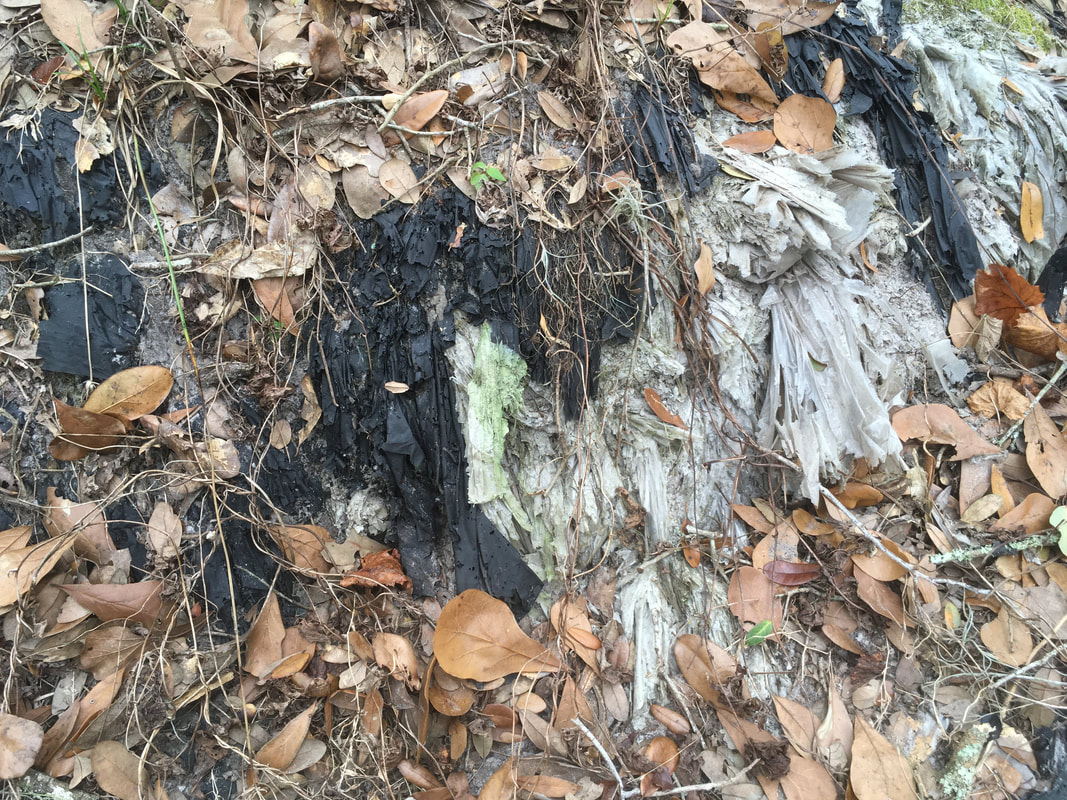


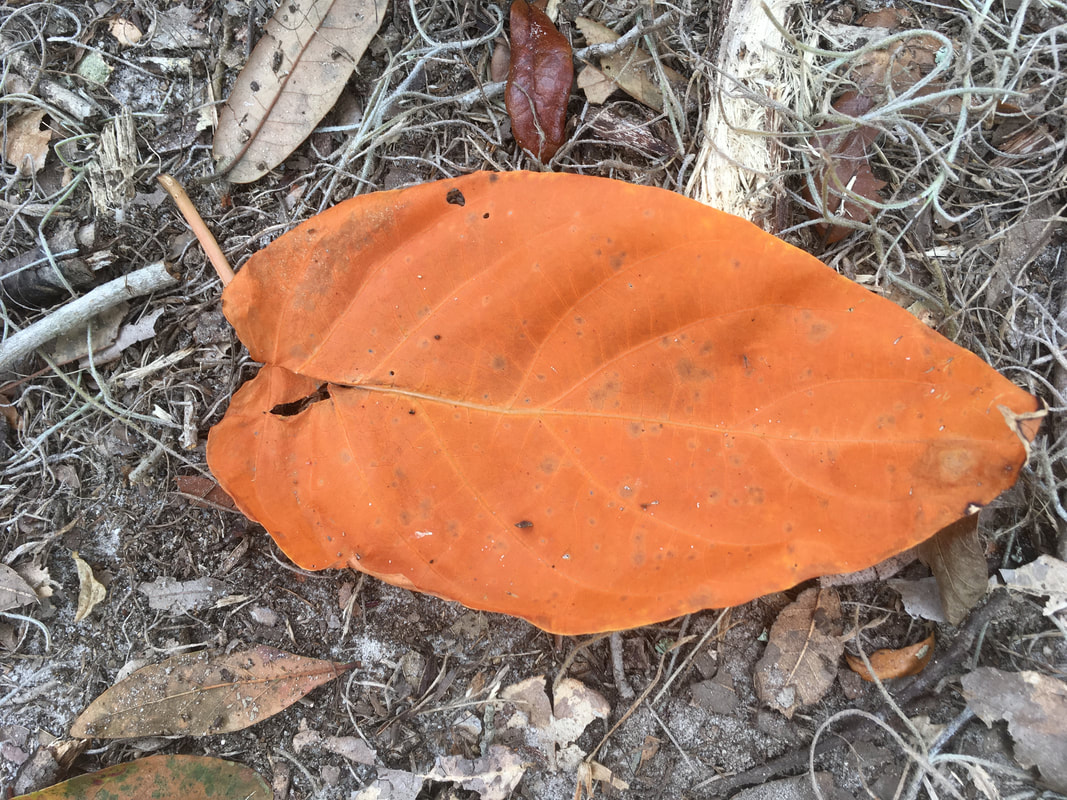
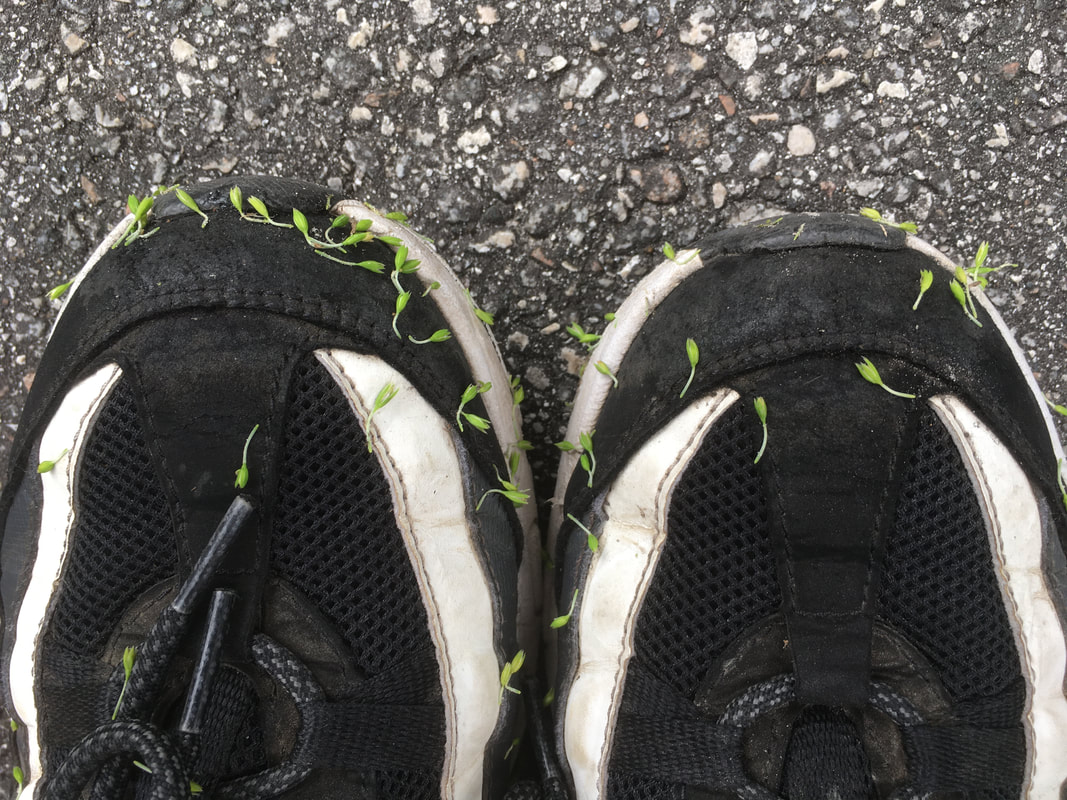
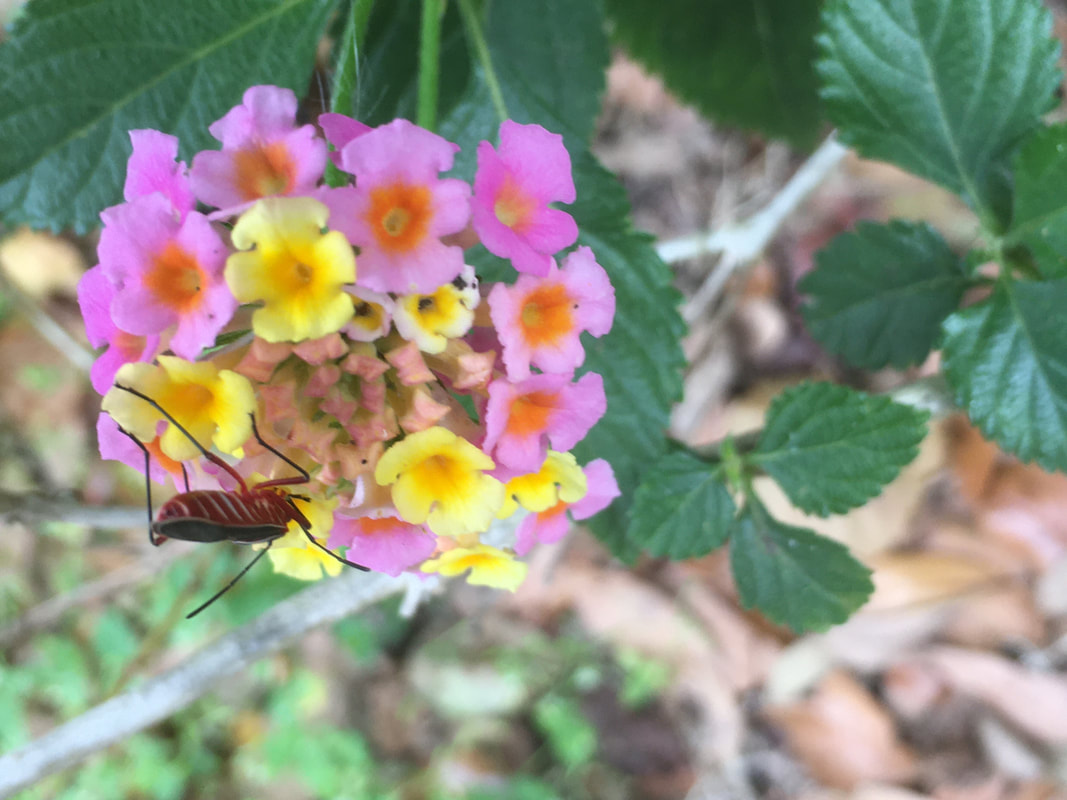

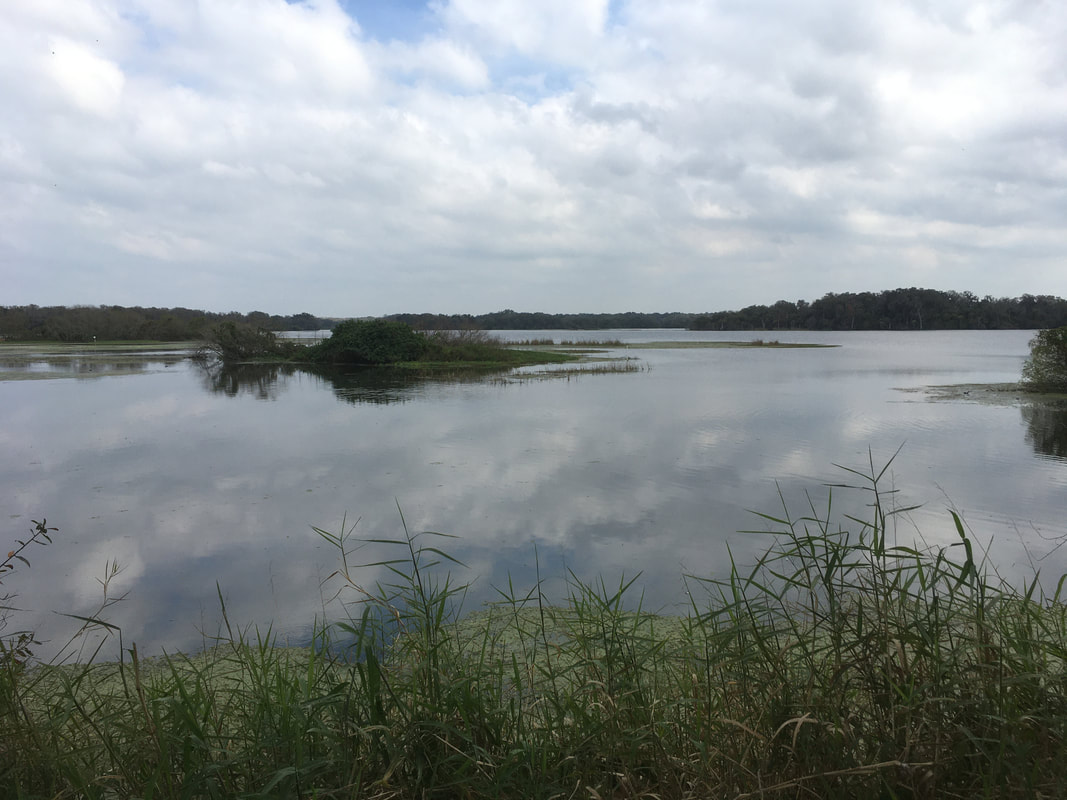
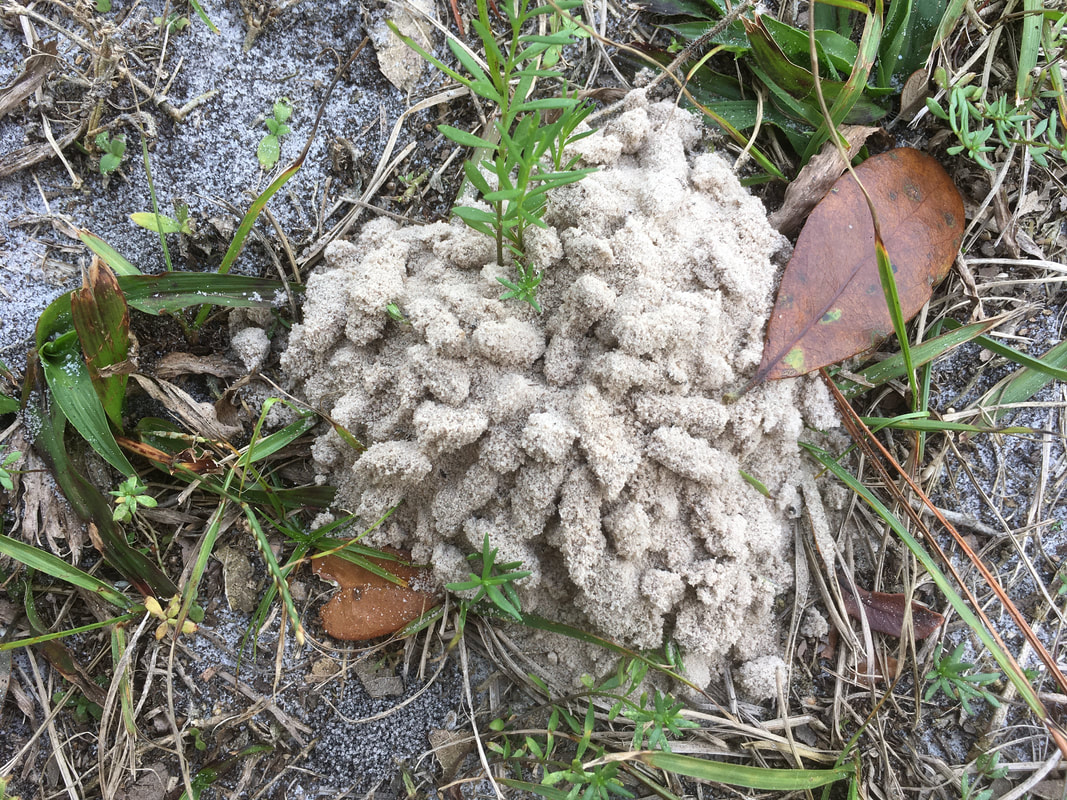
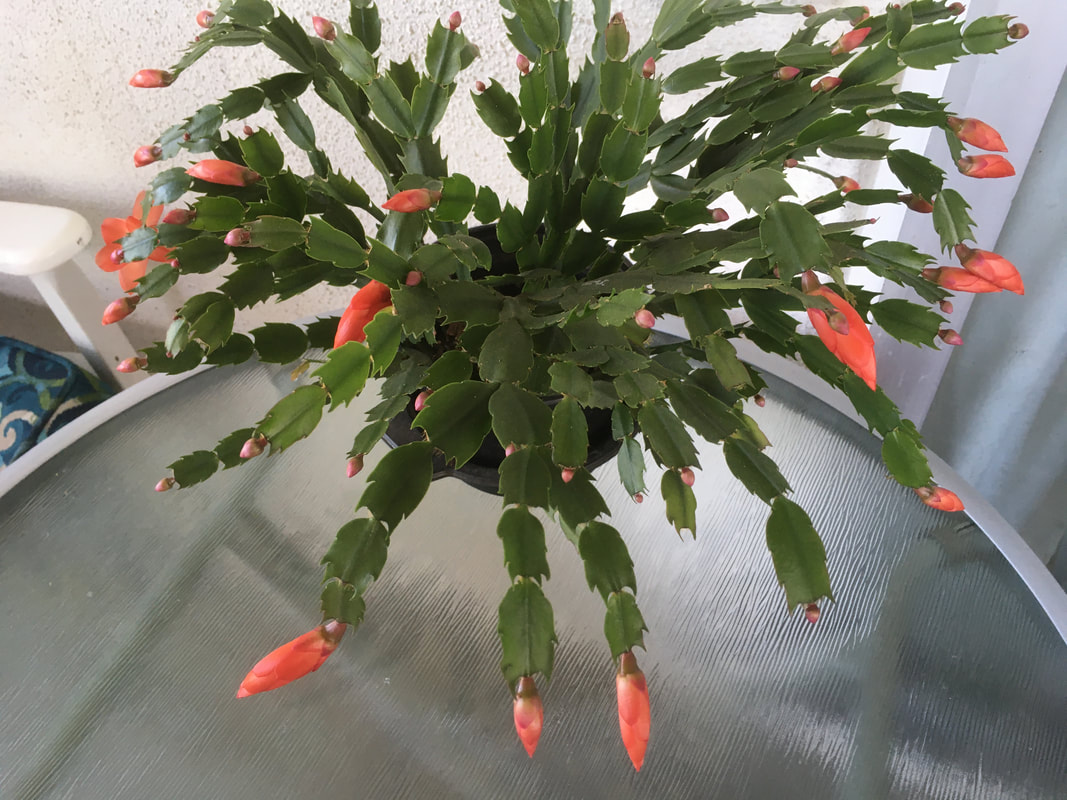
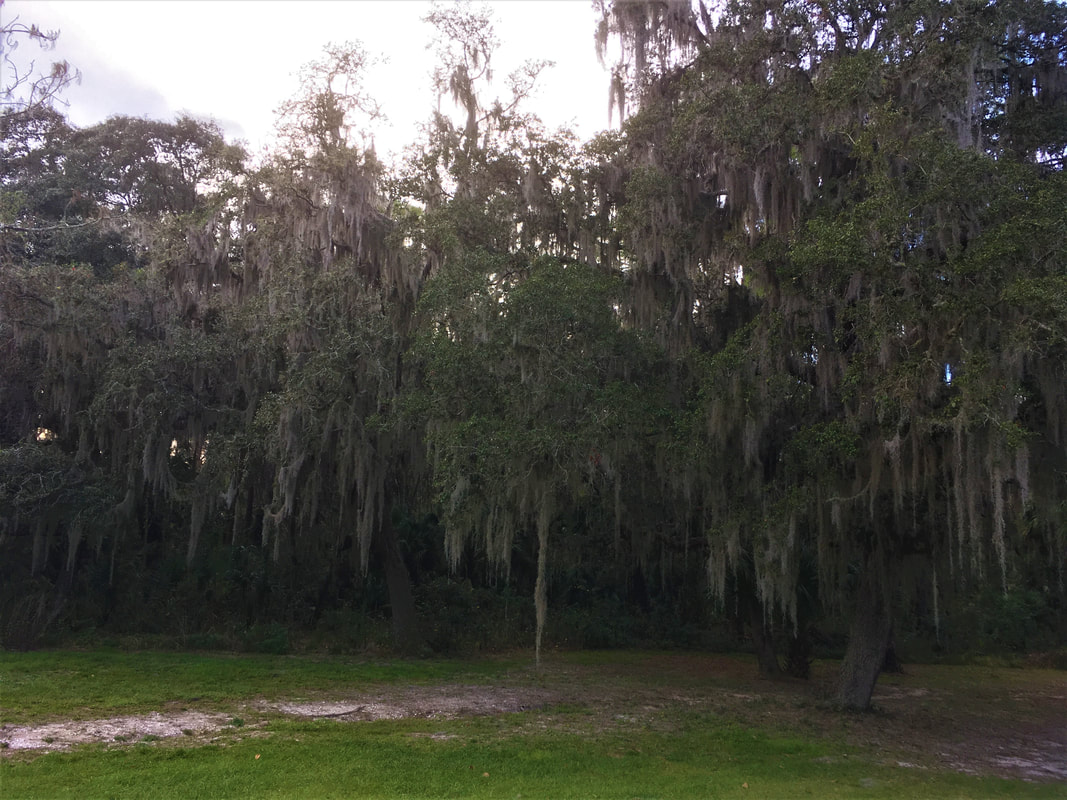
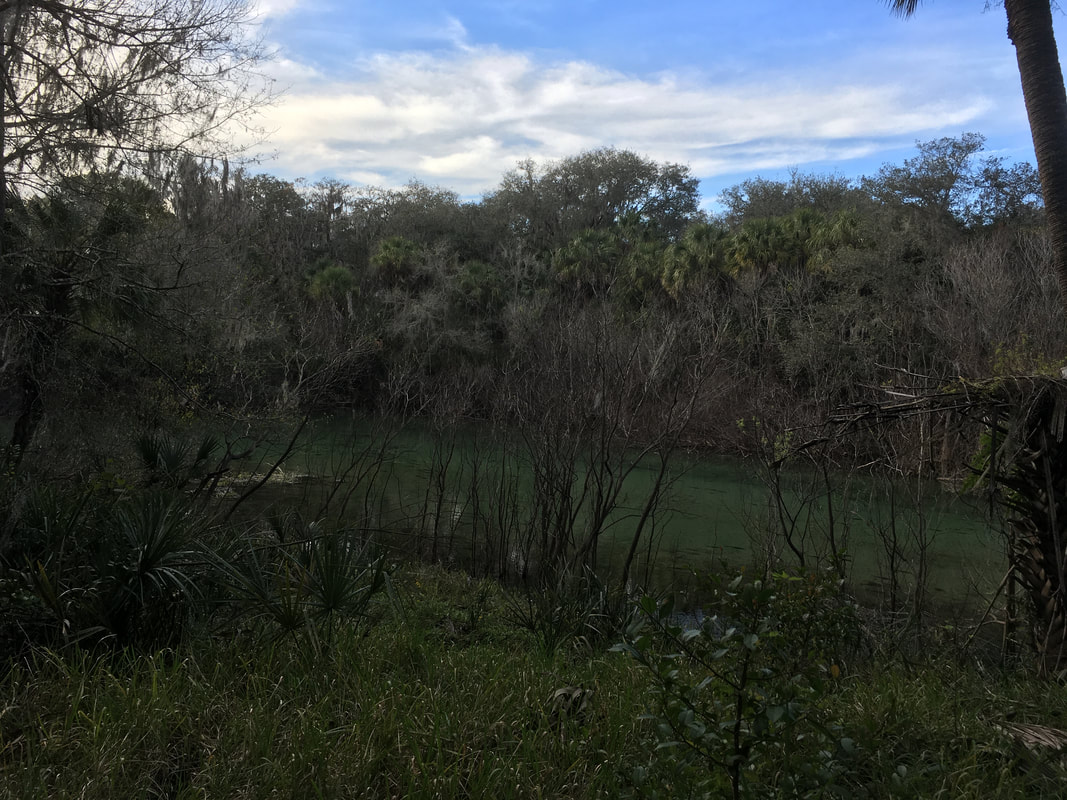
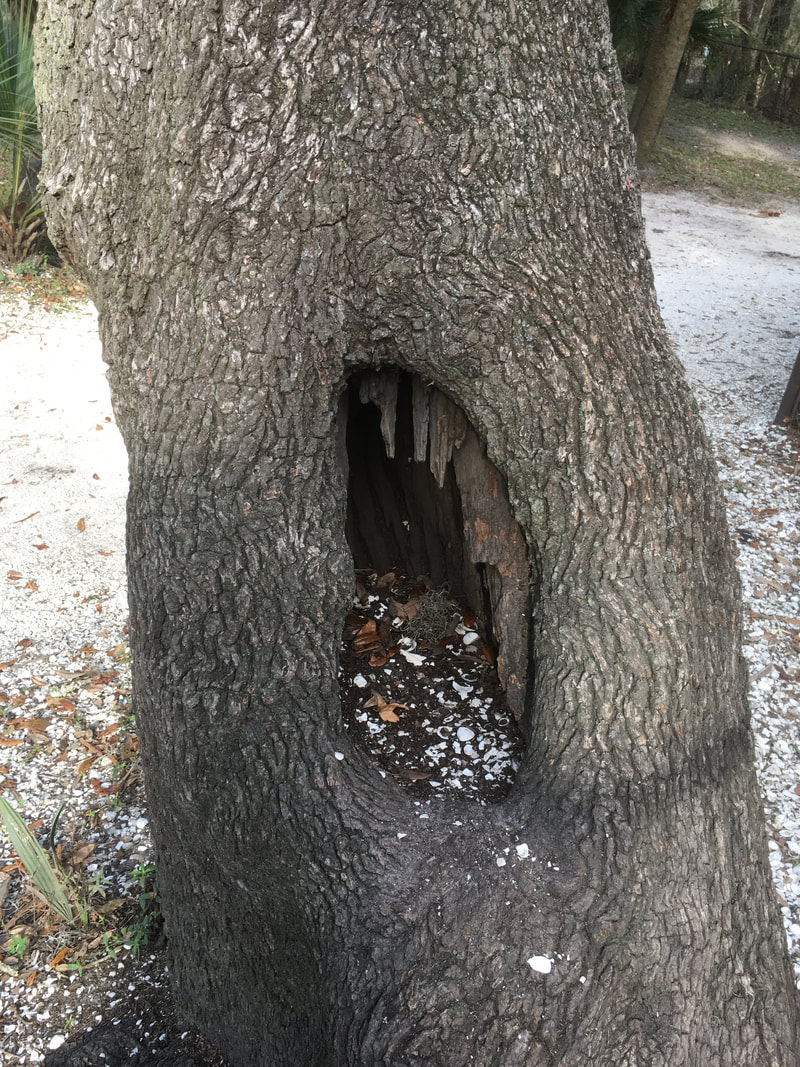
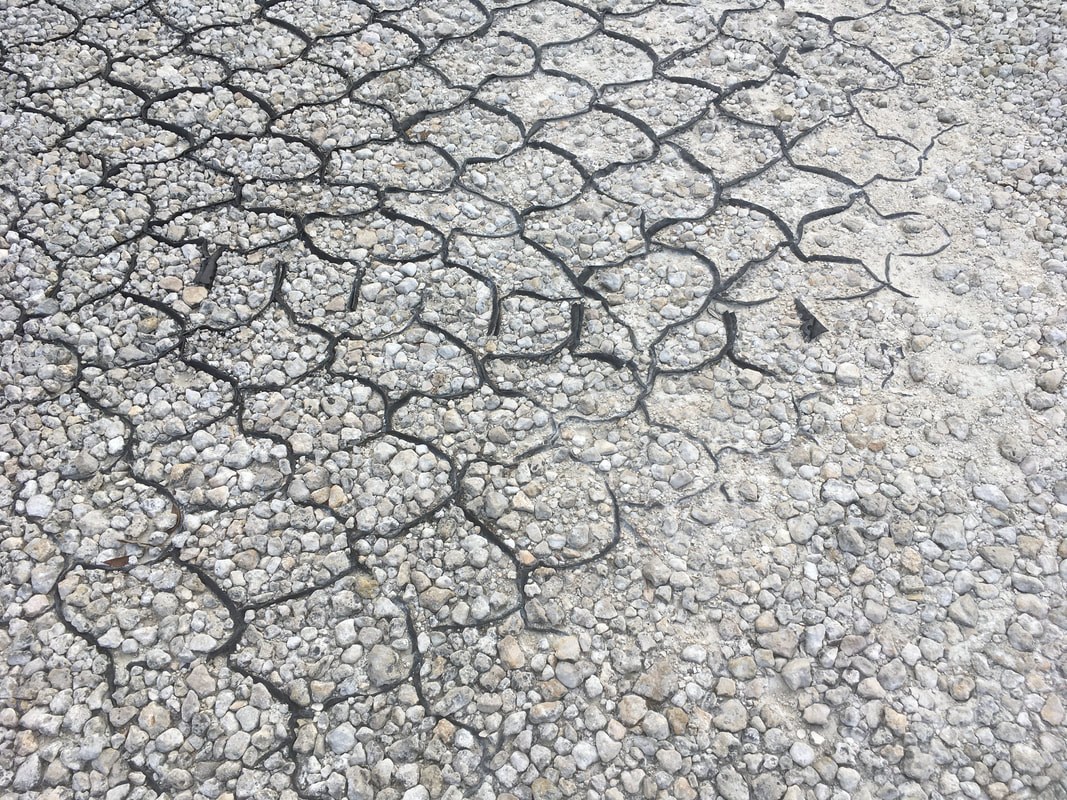
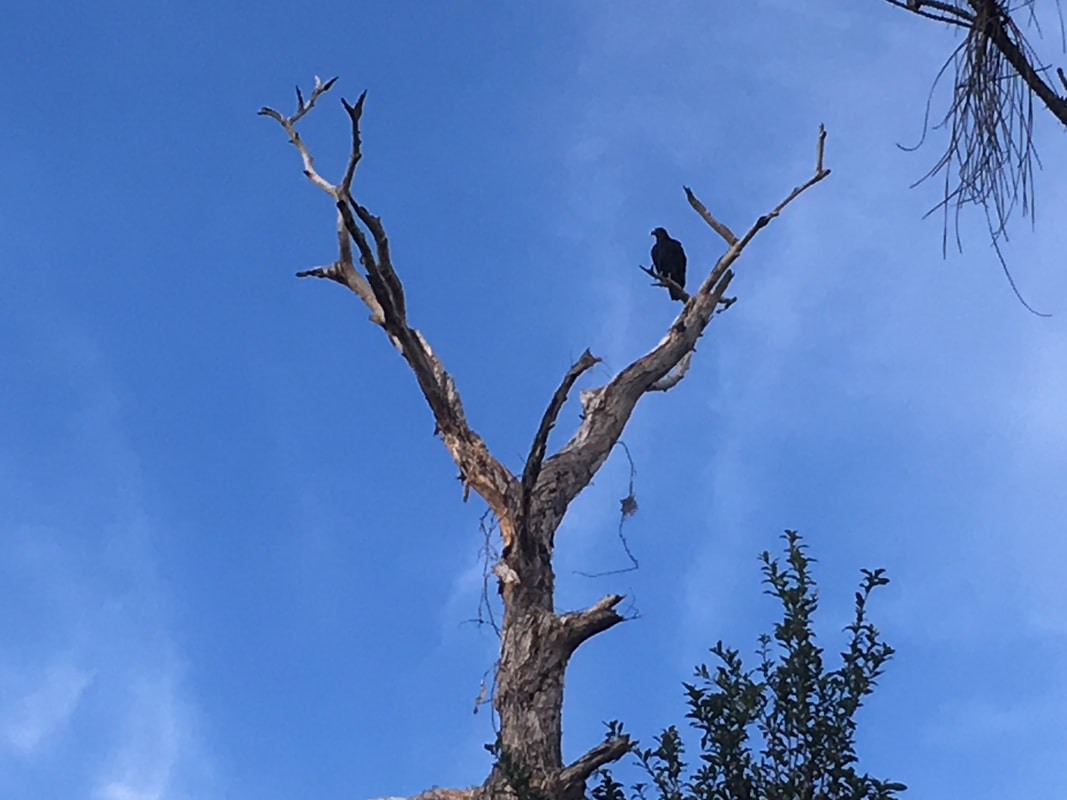

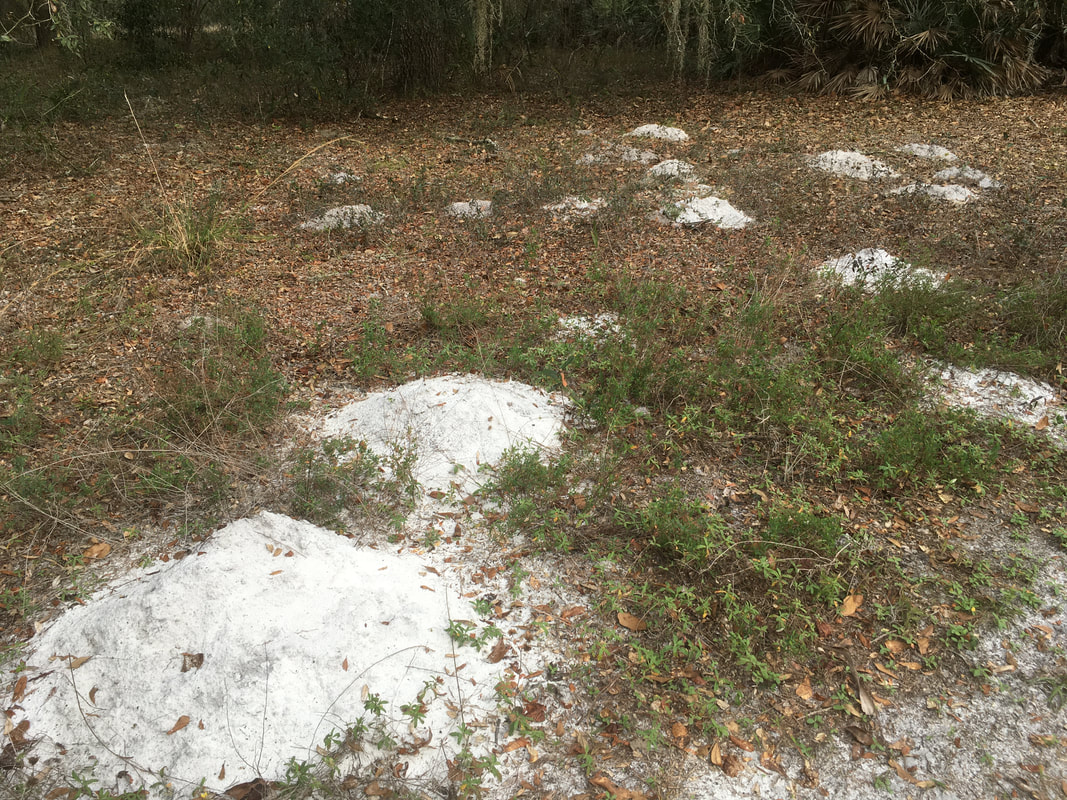
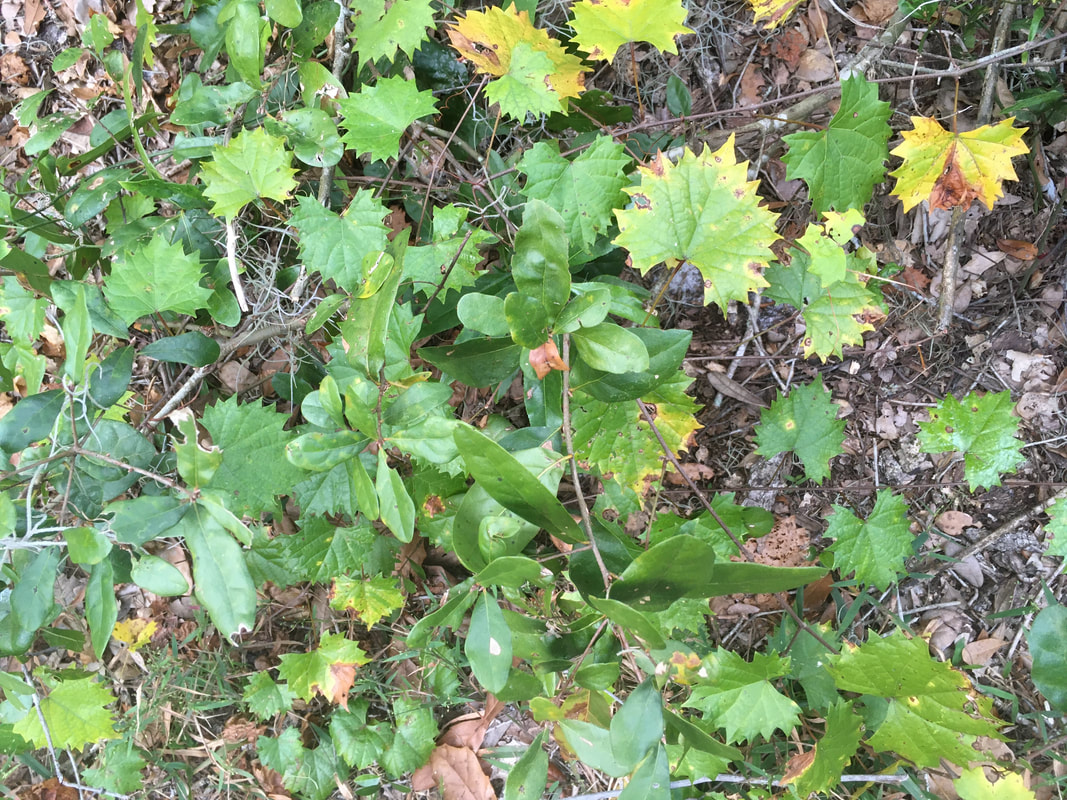

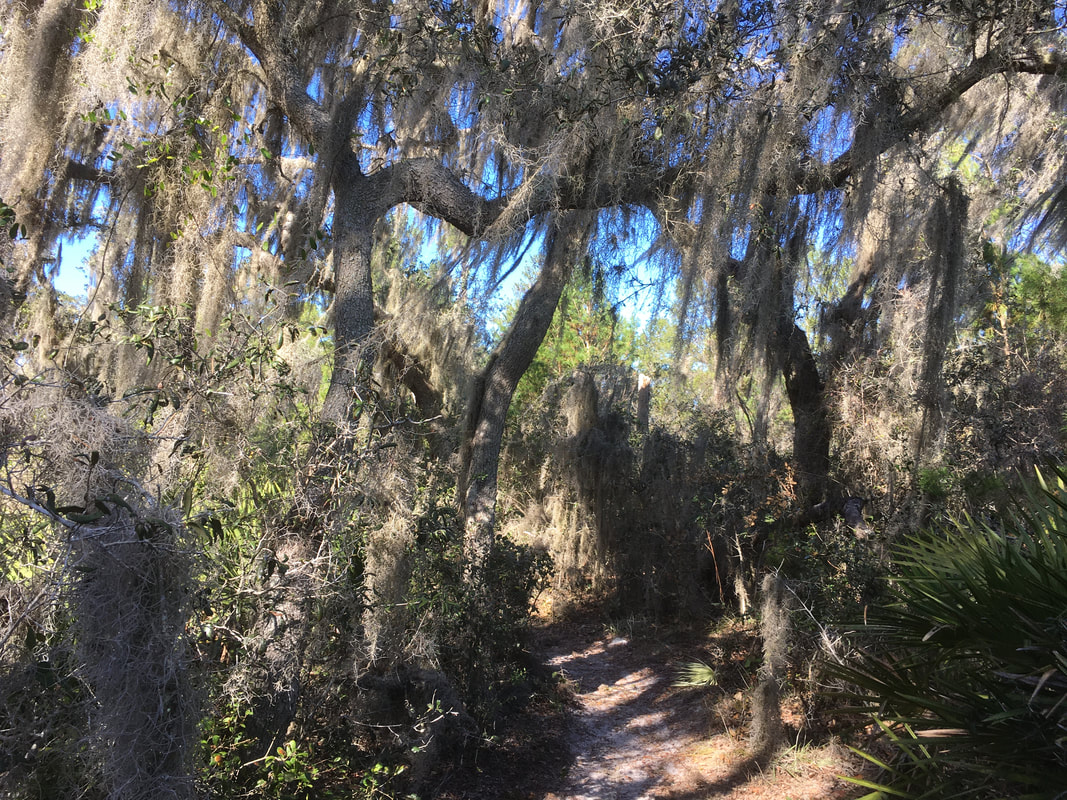
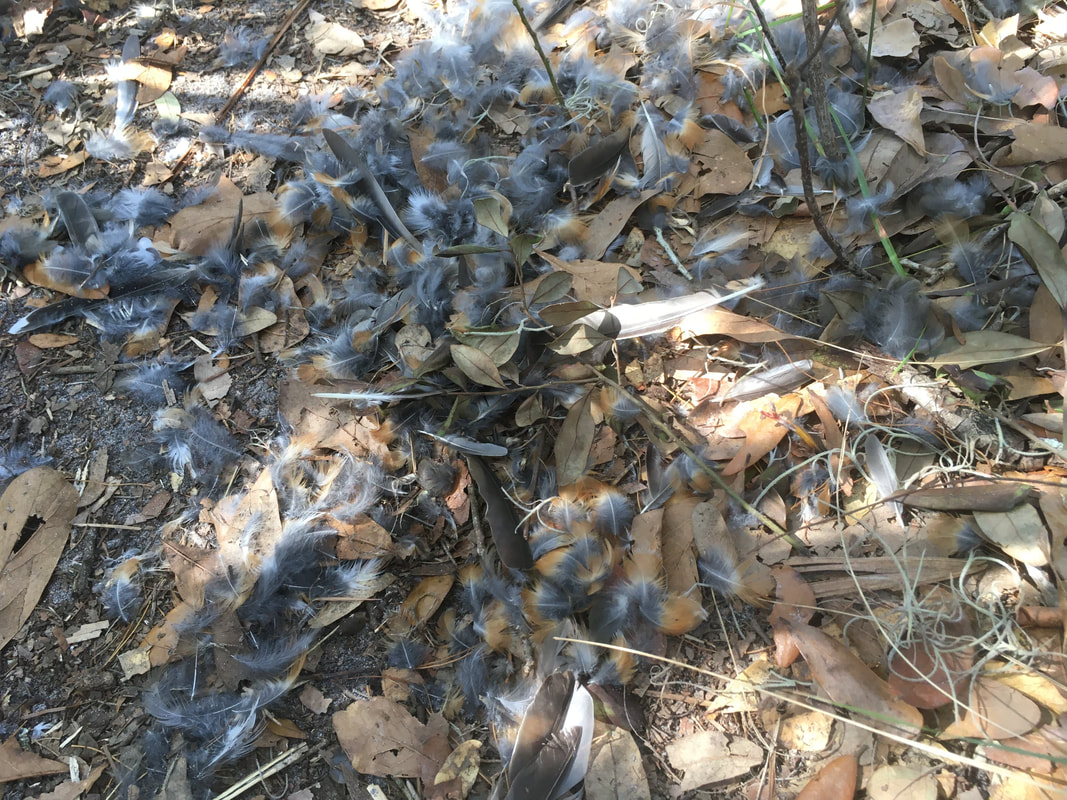
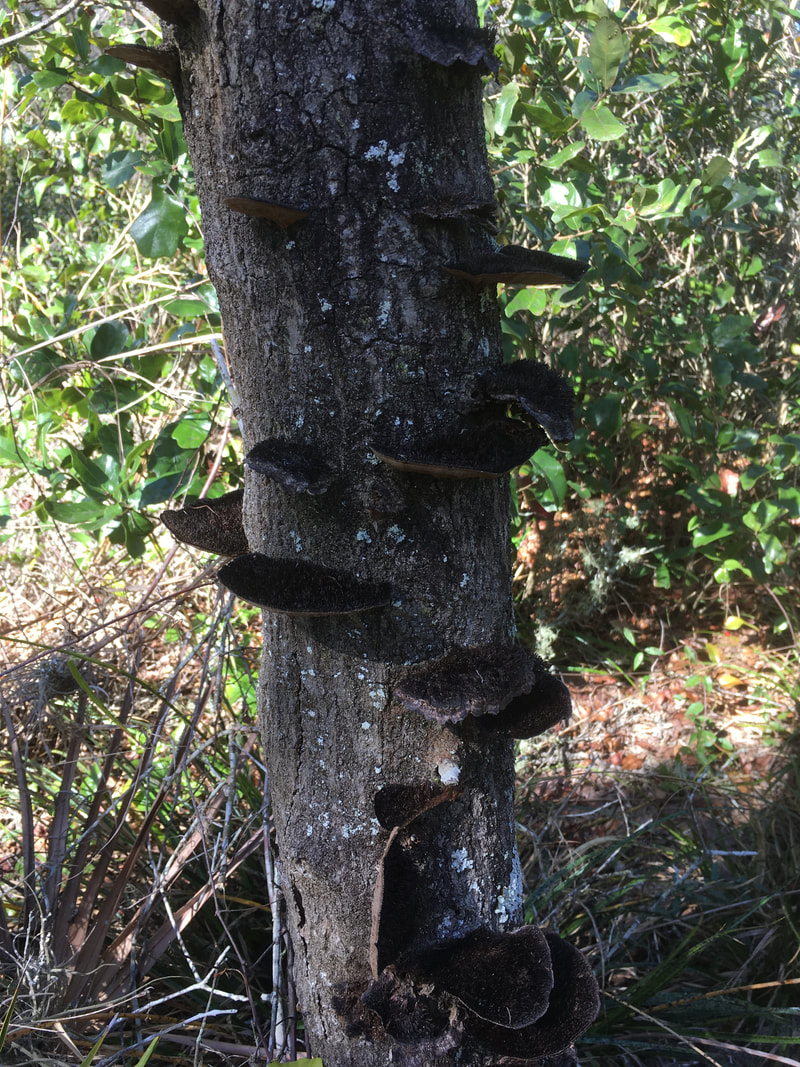

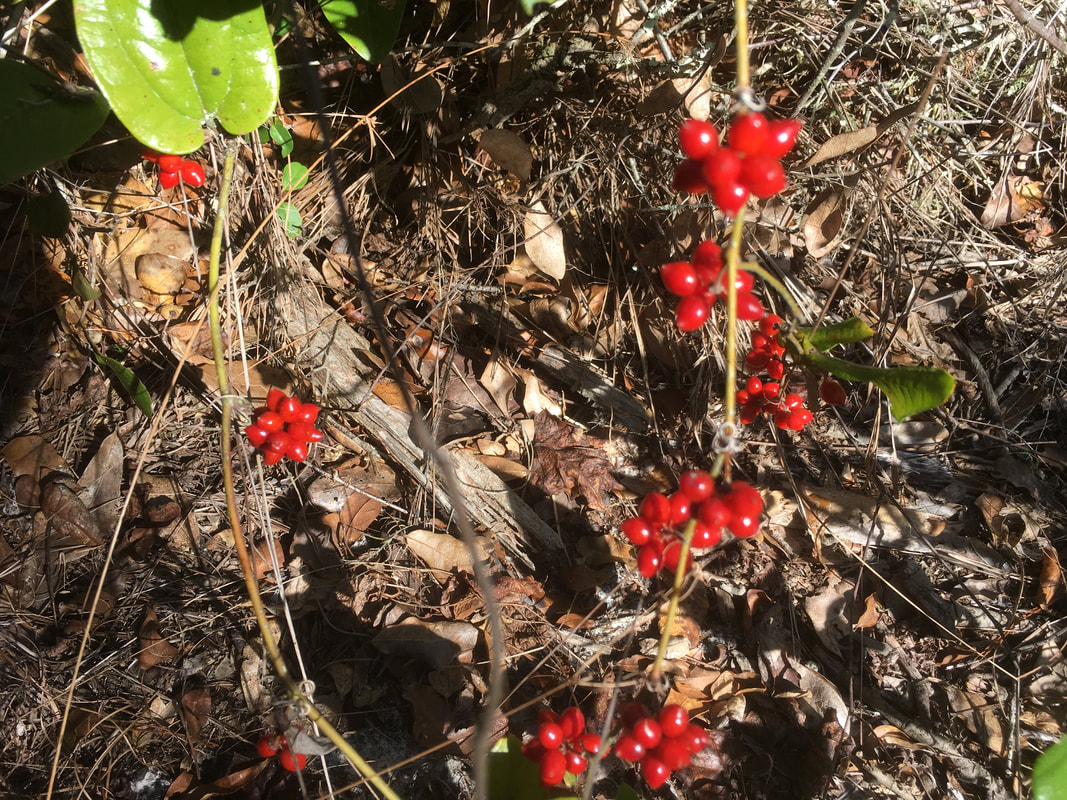

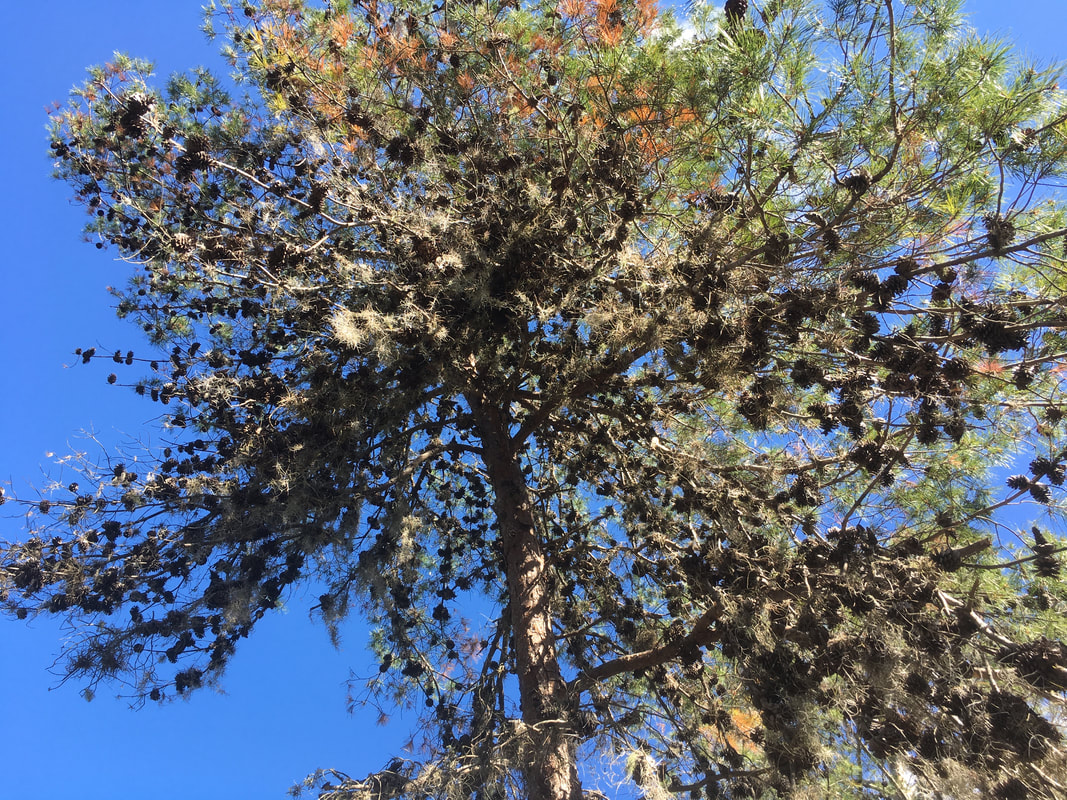
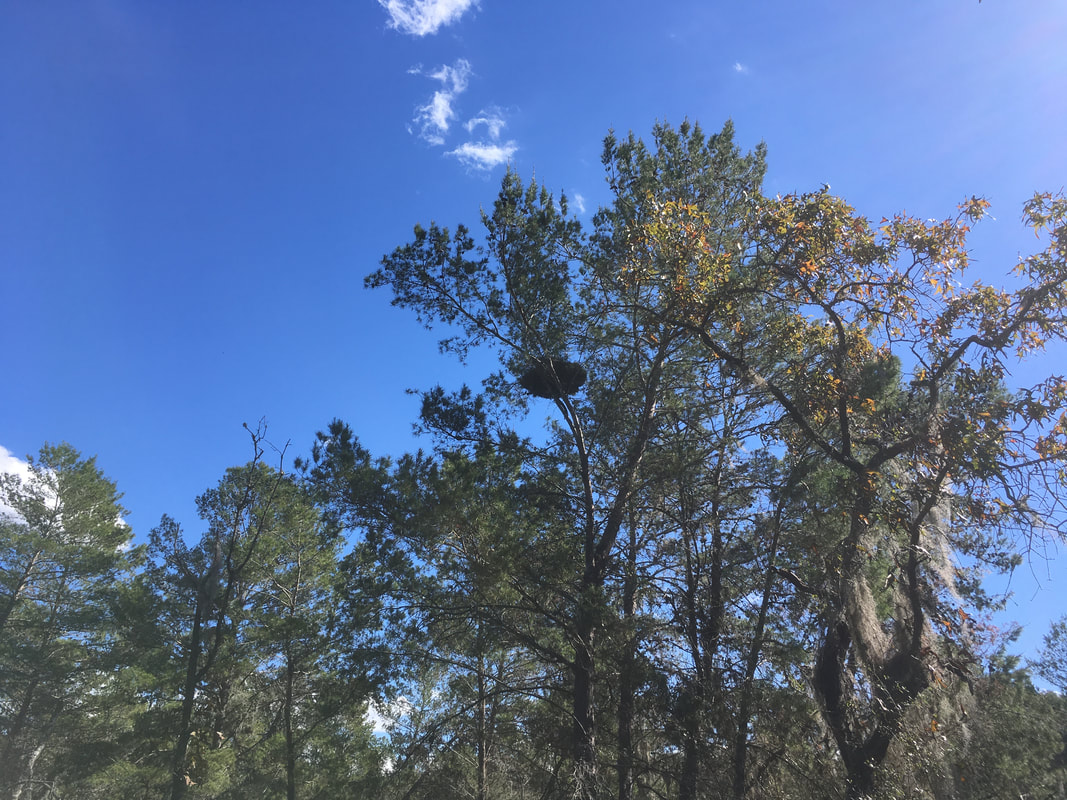
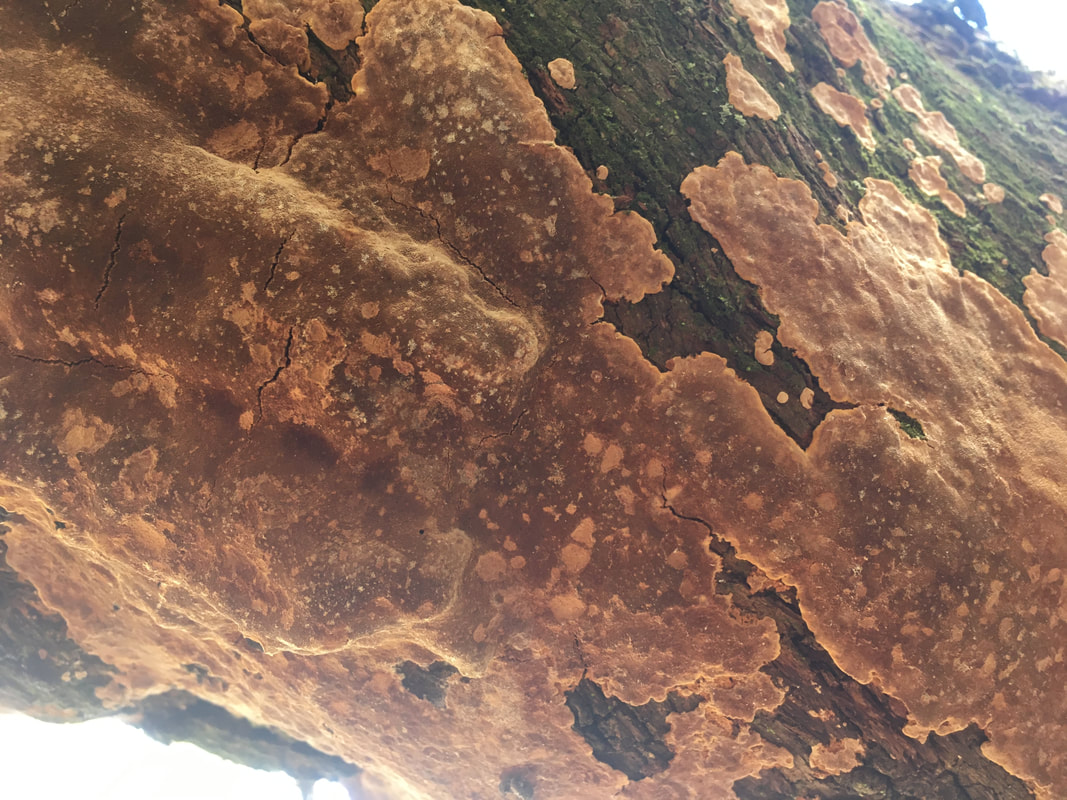

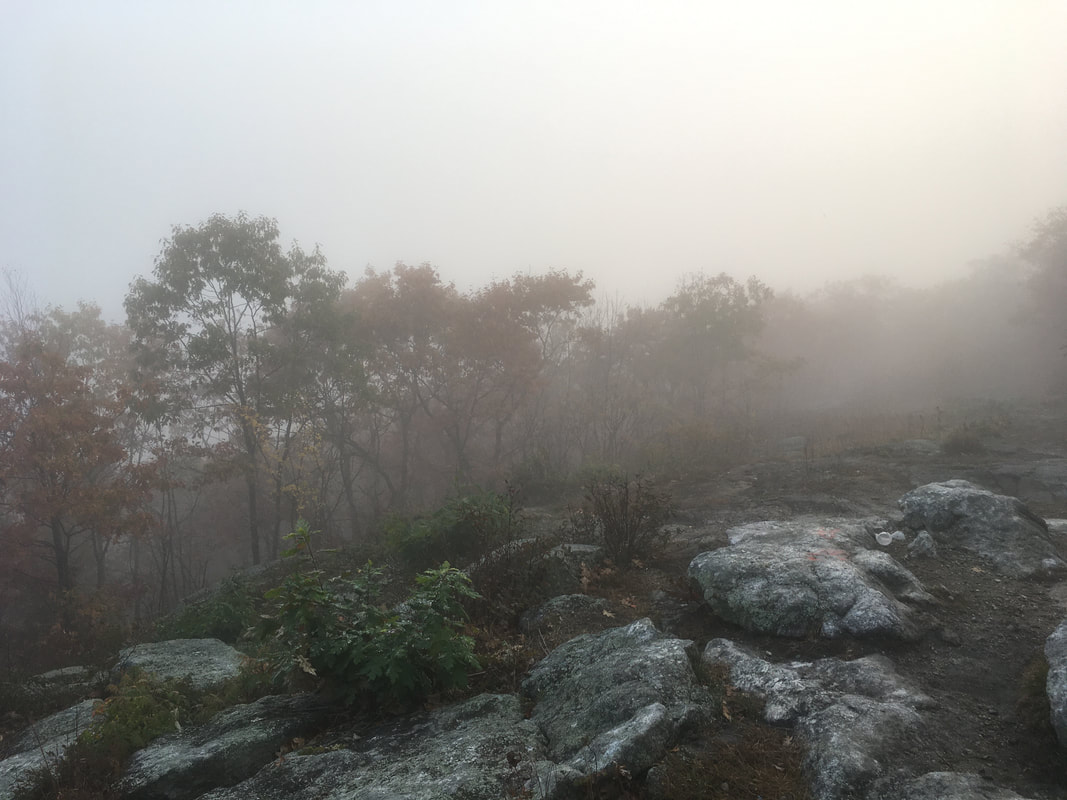
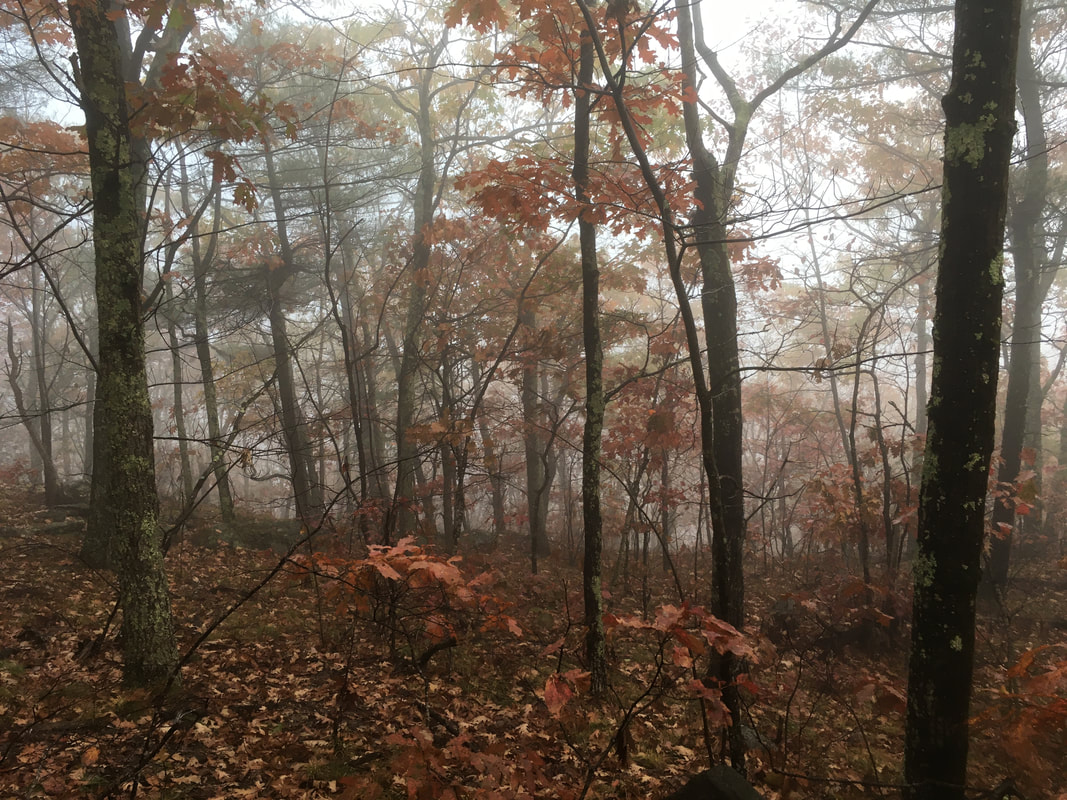


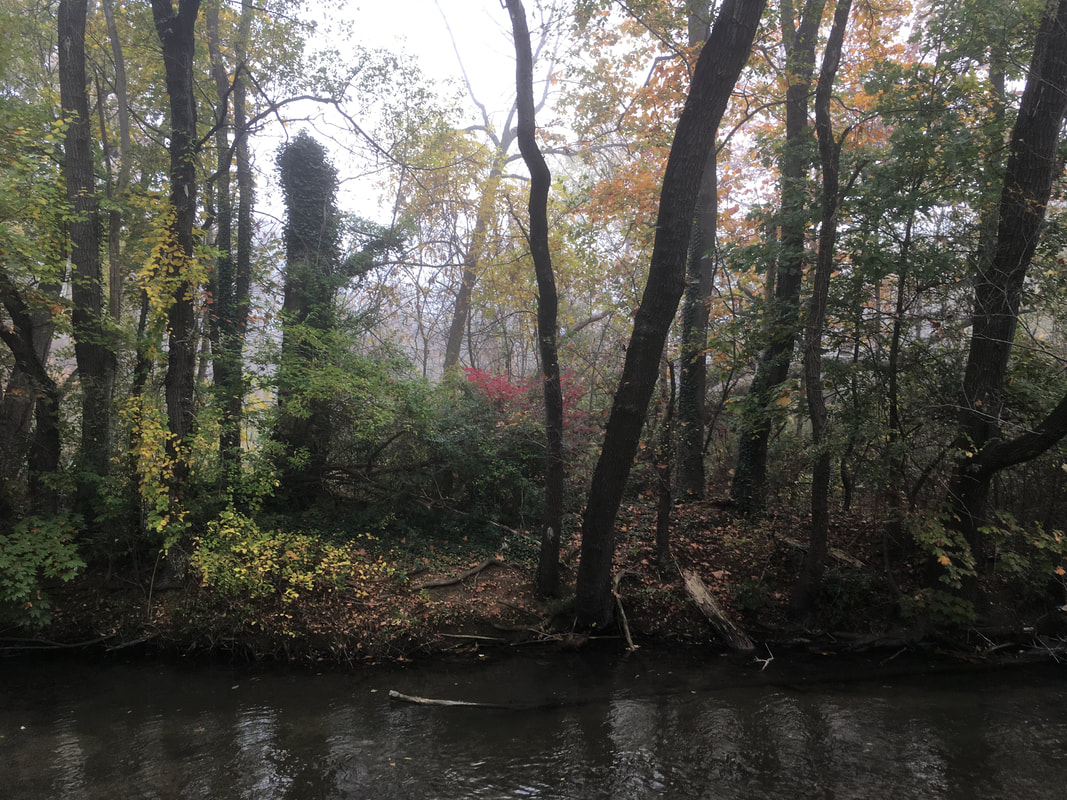

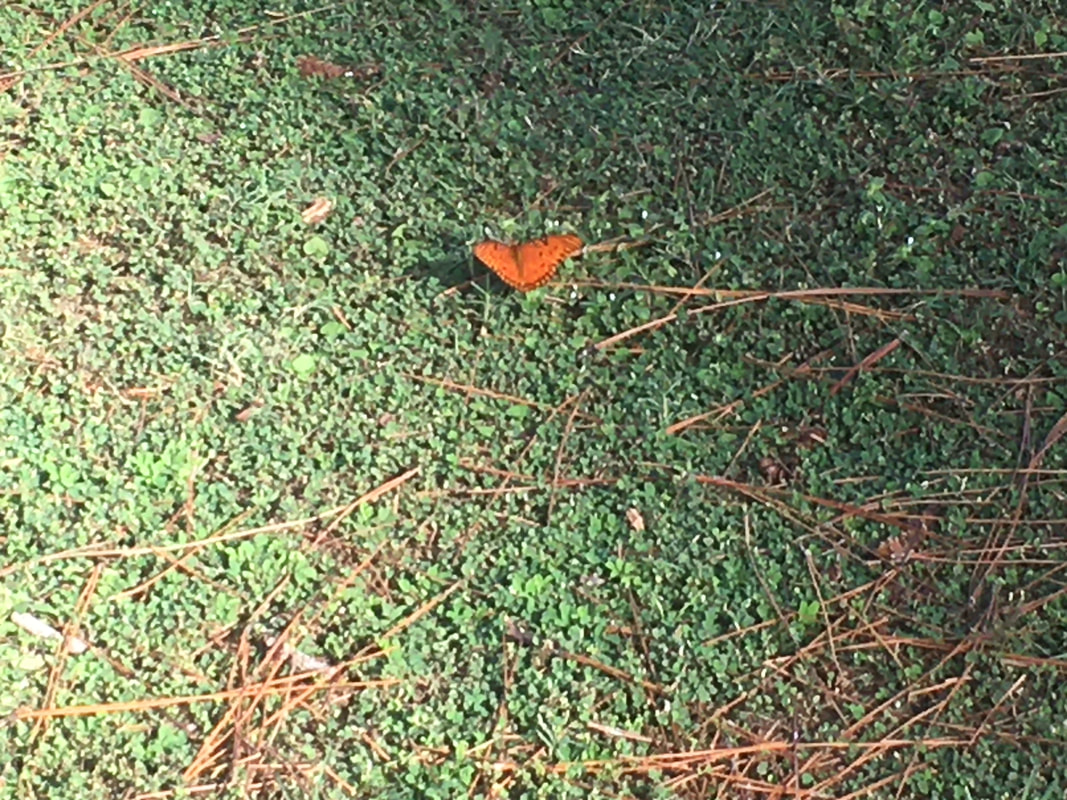








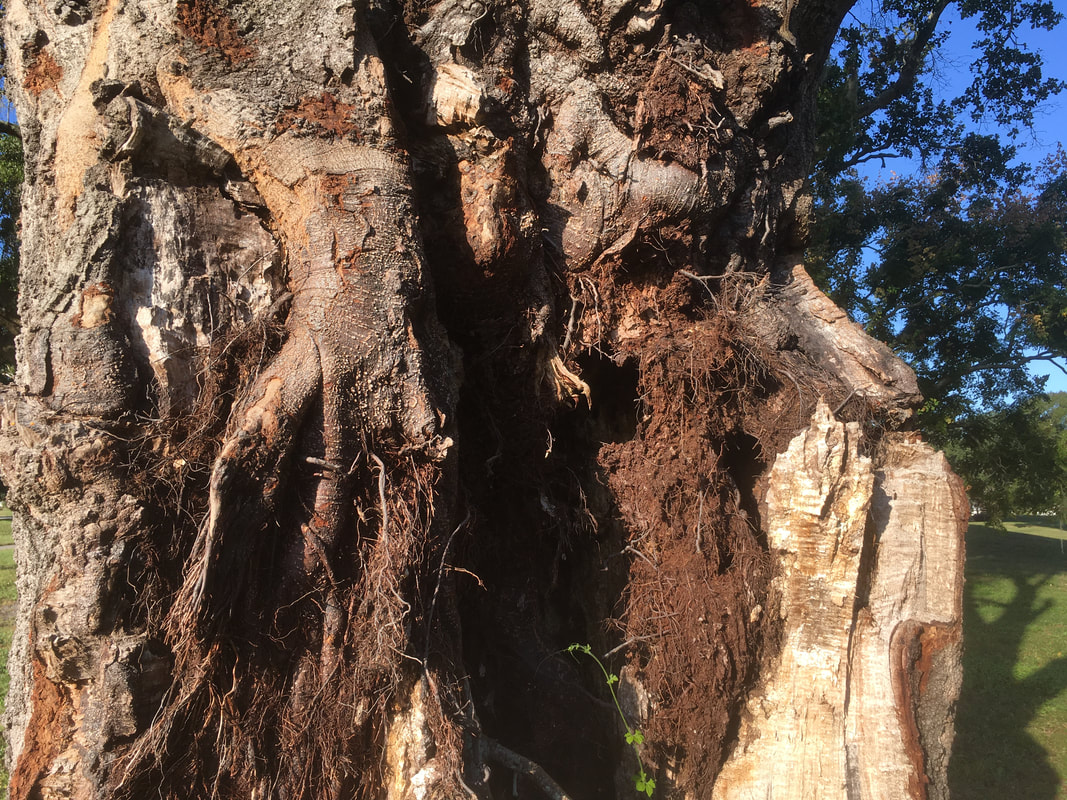
 RSS Feed
RSS Feed